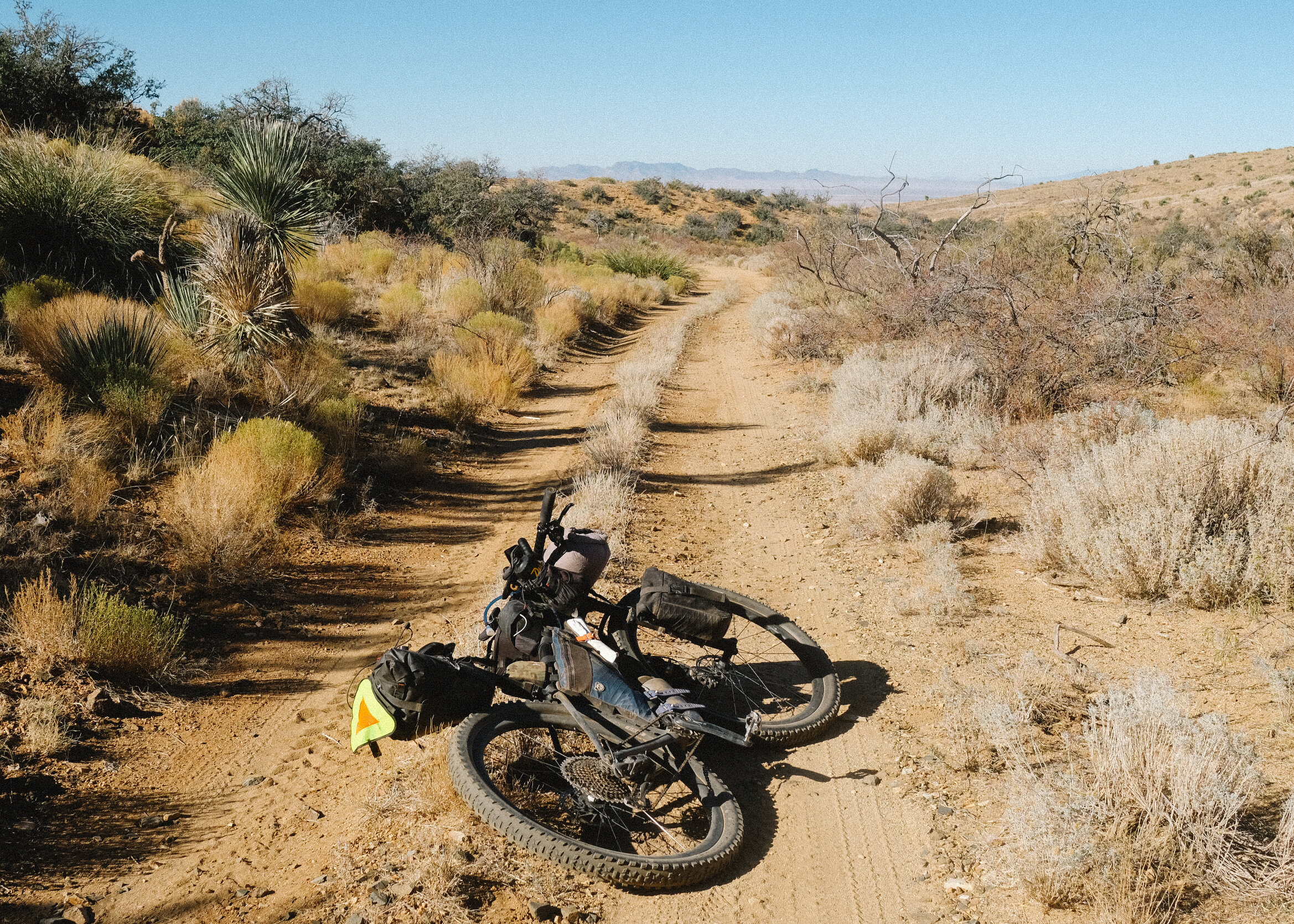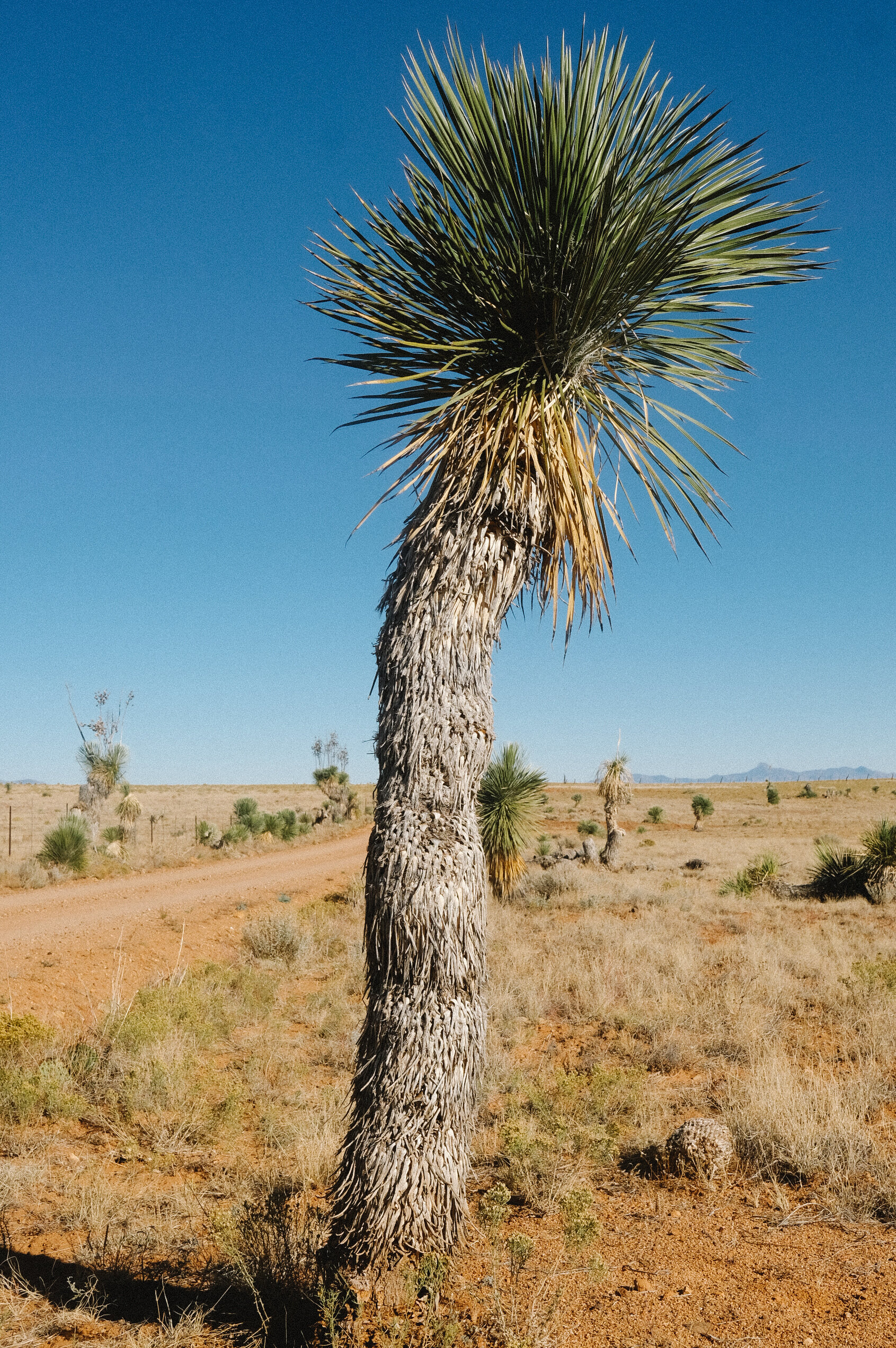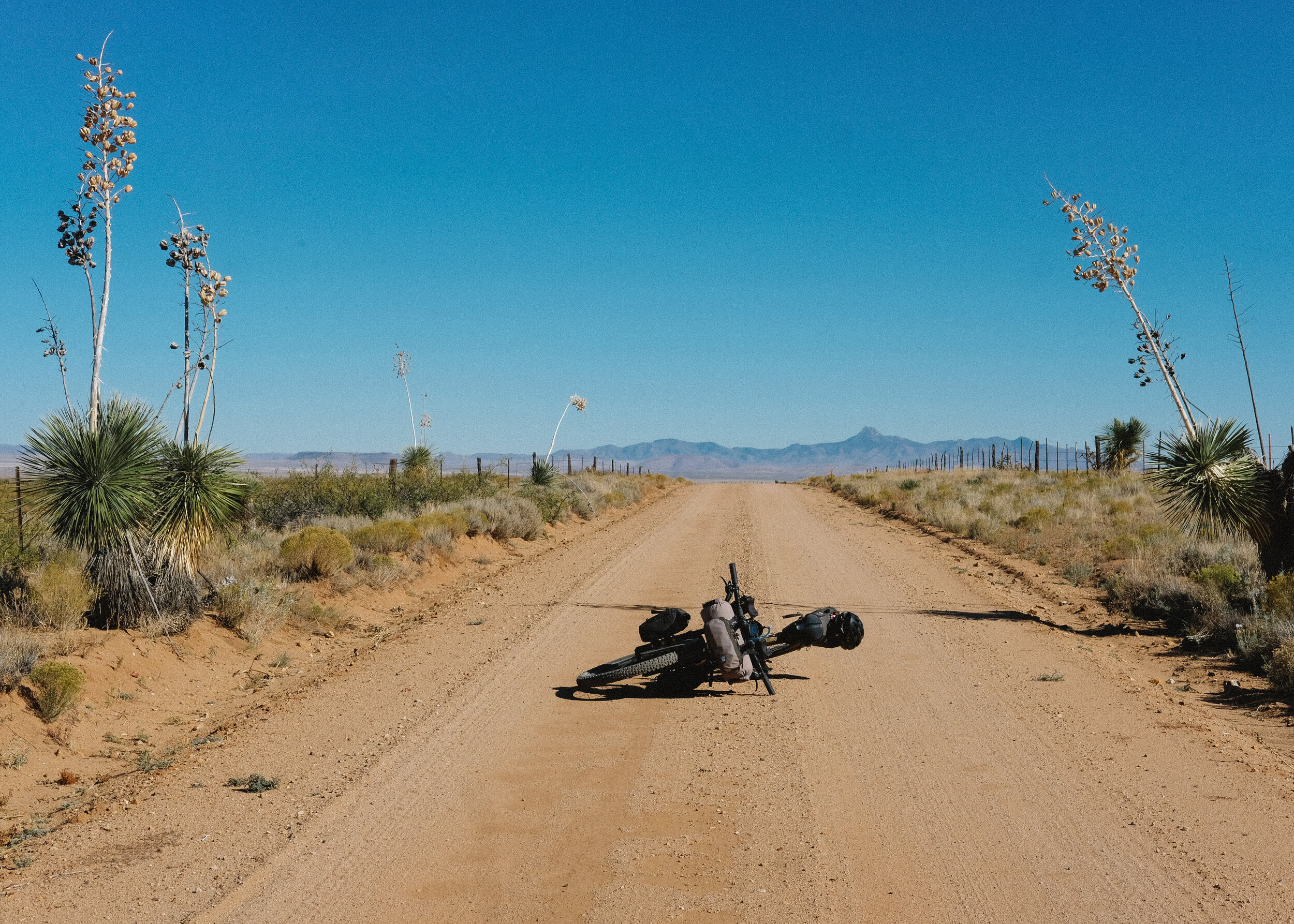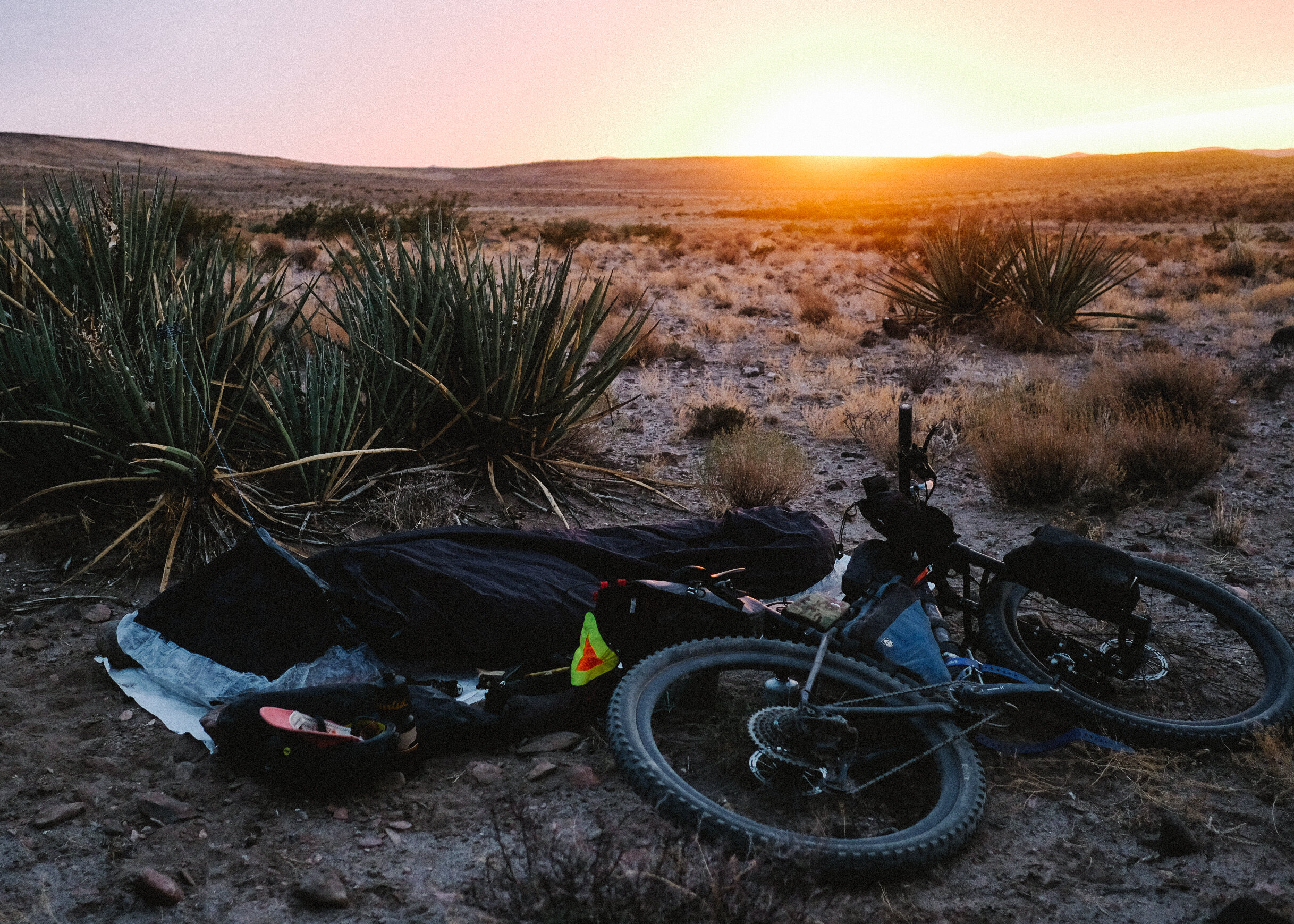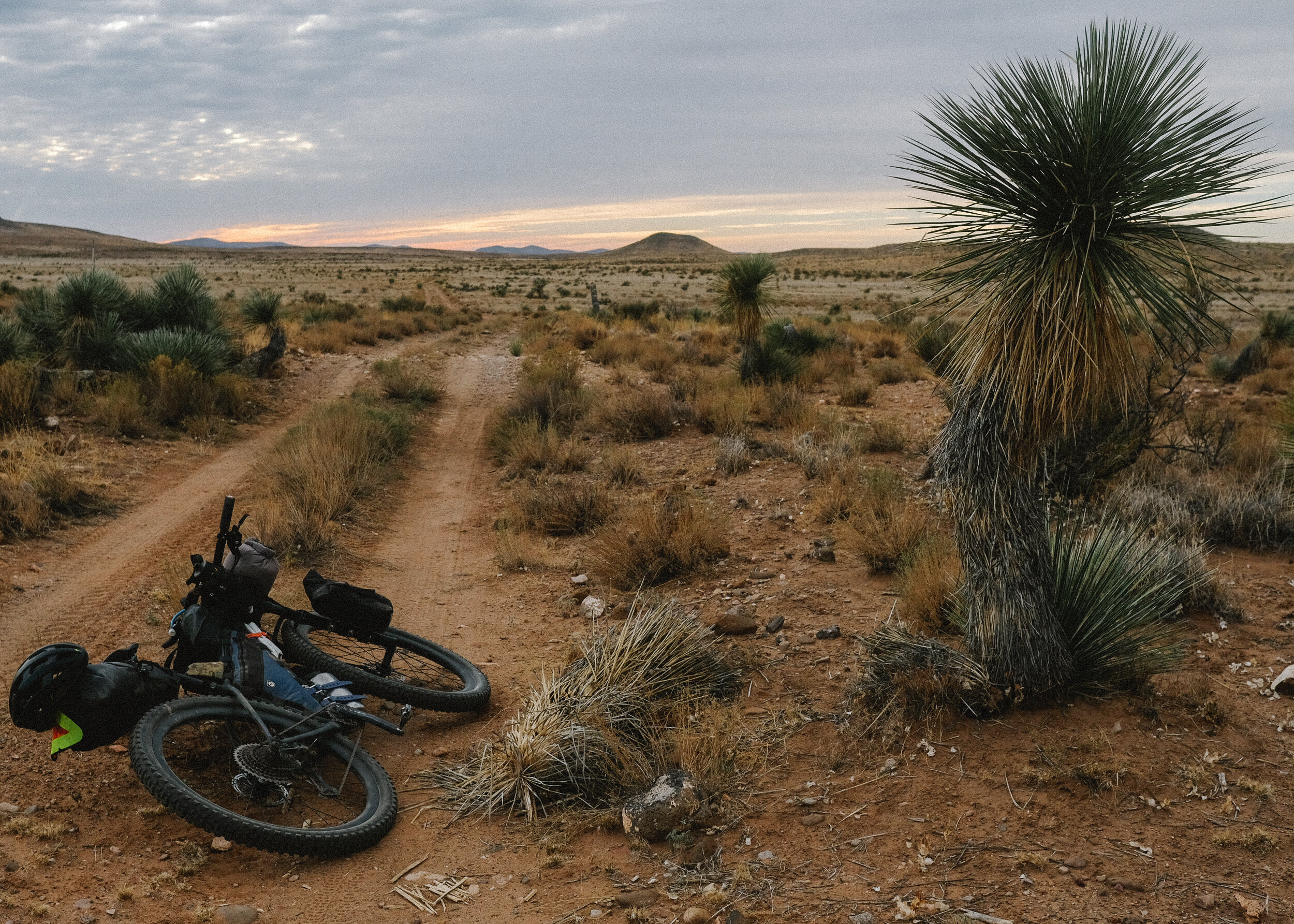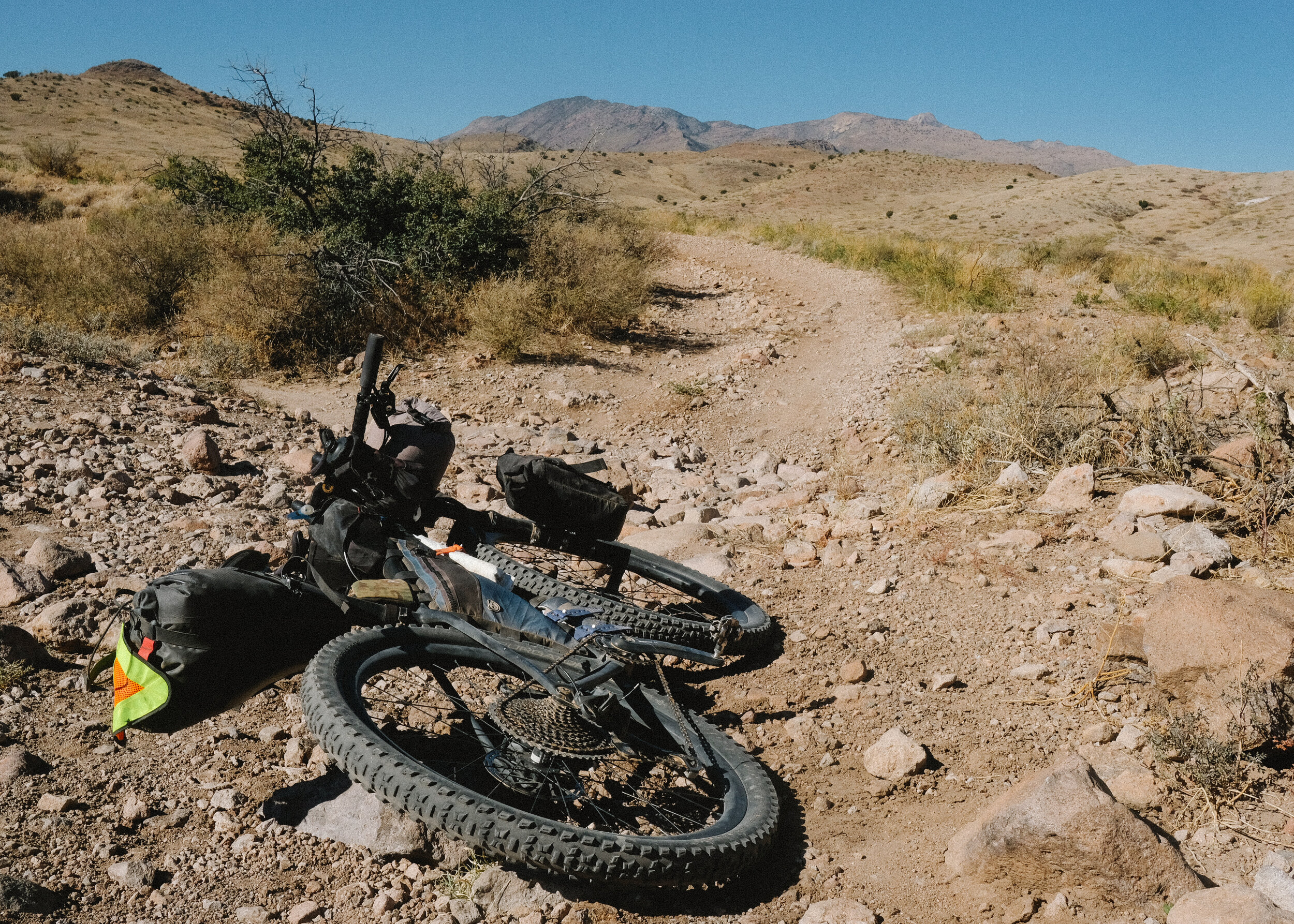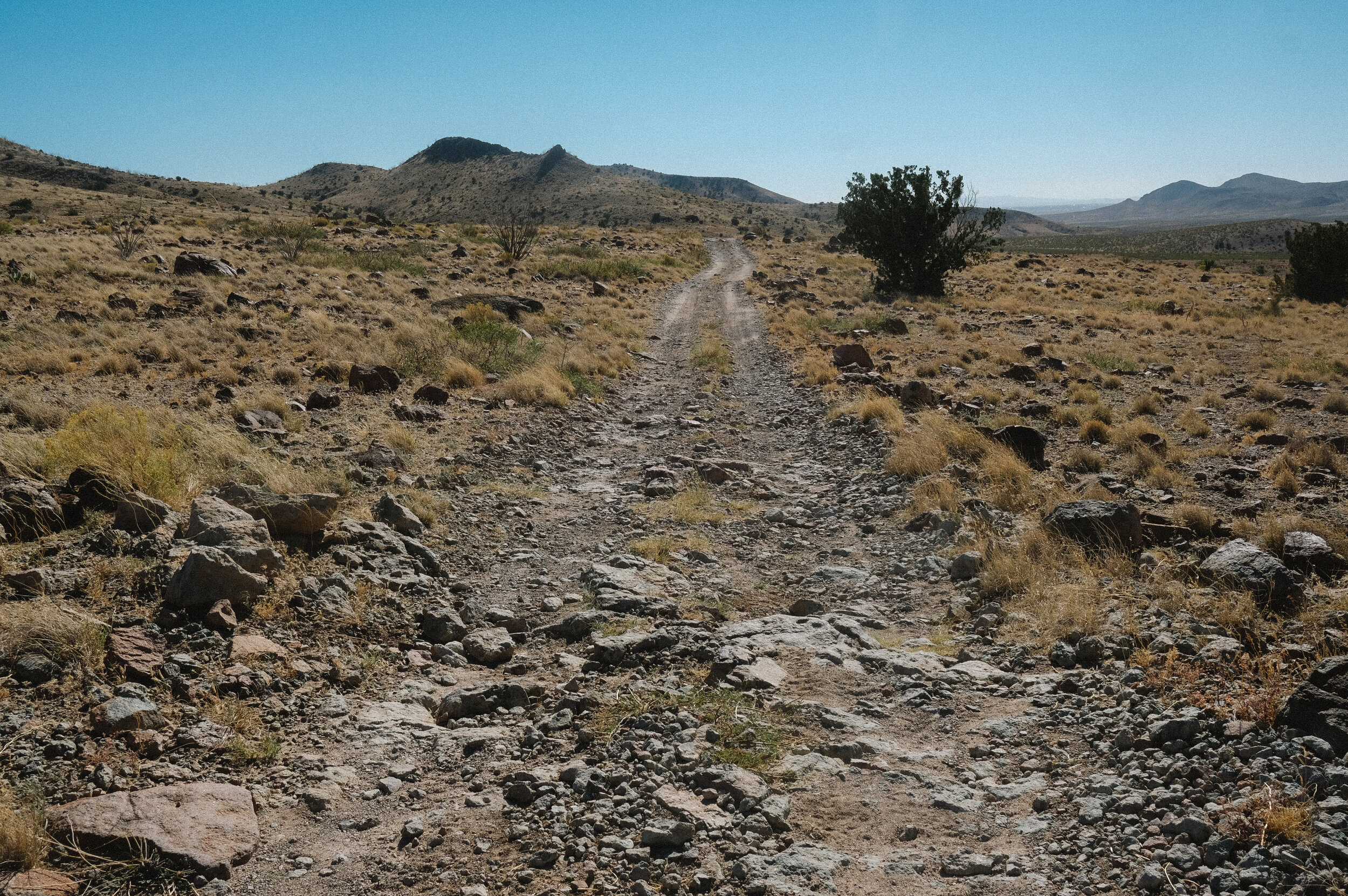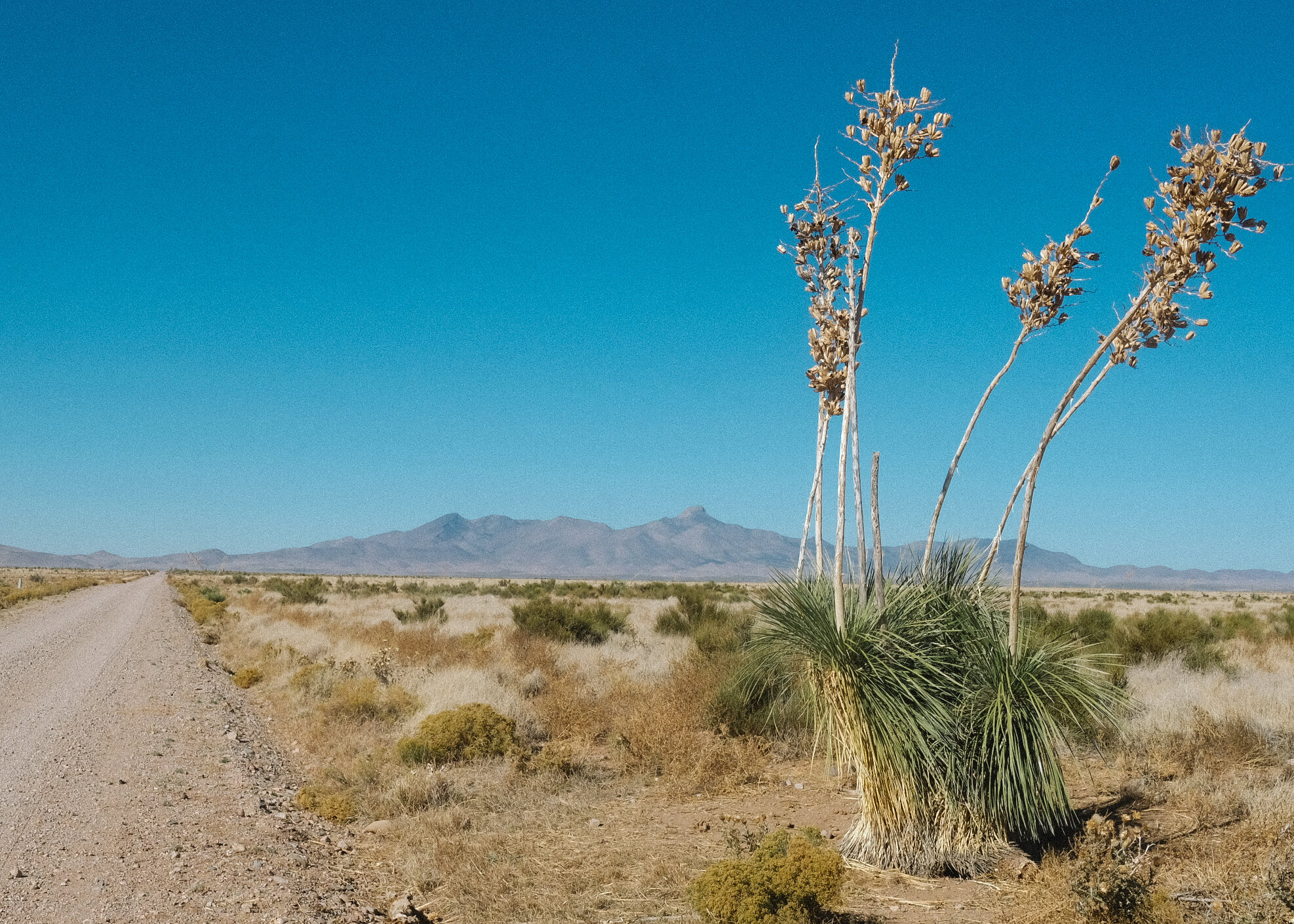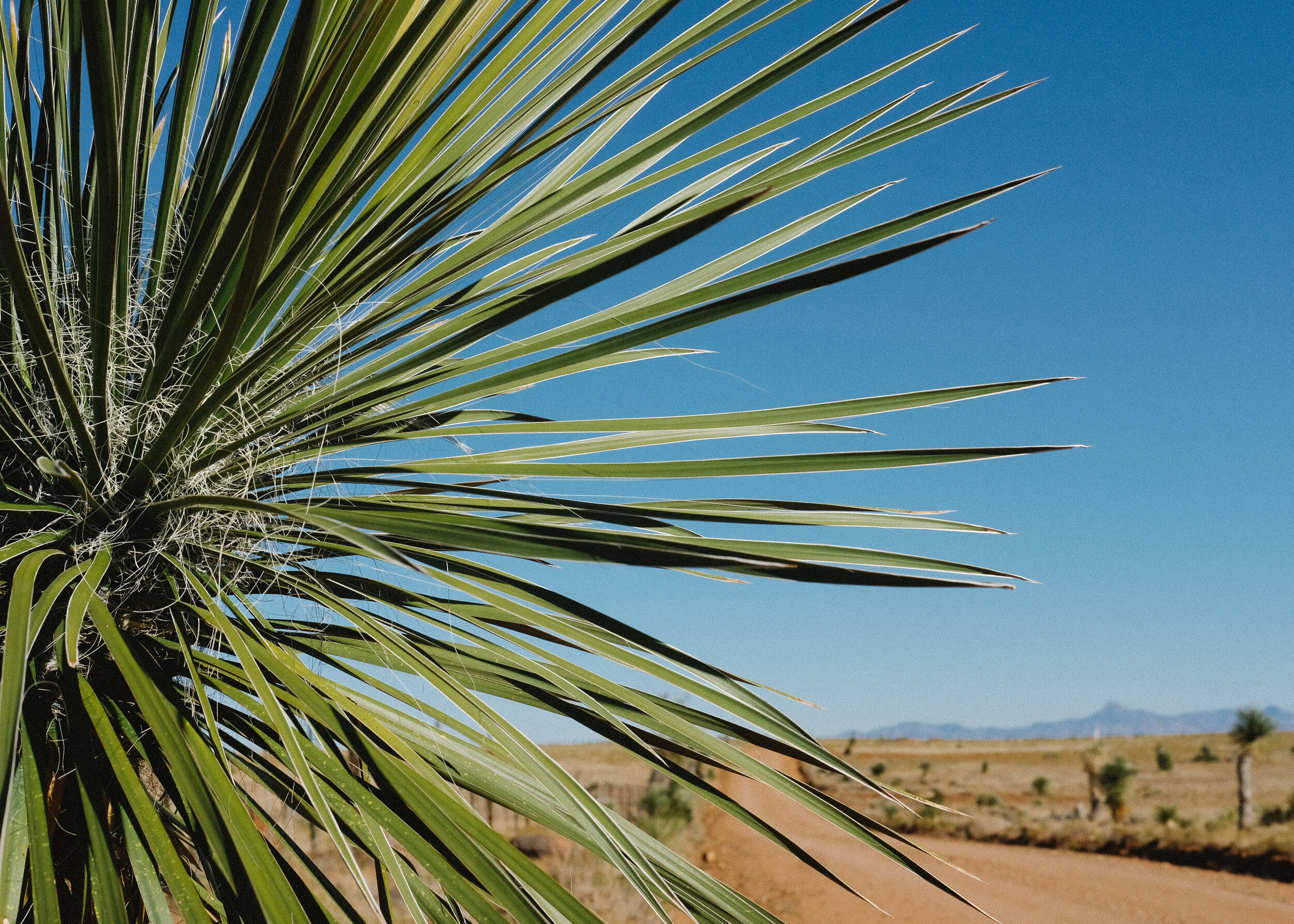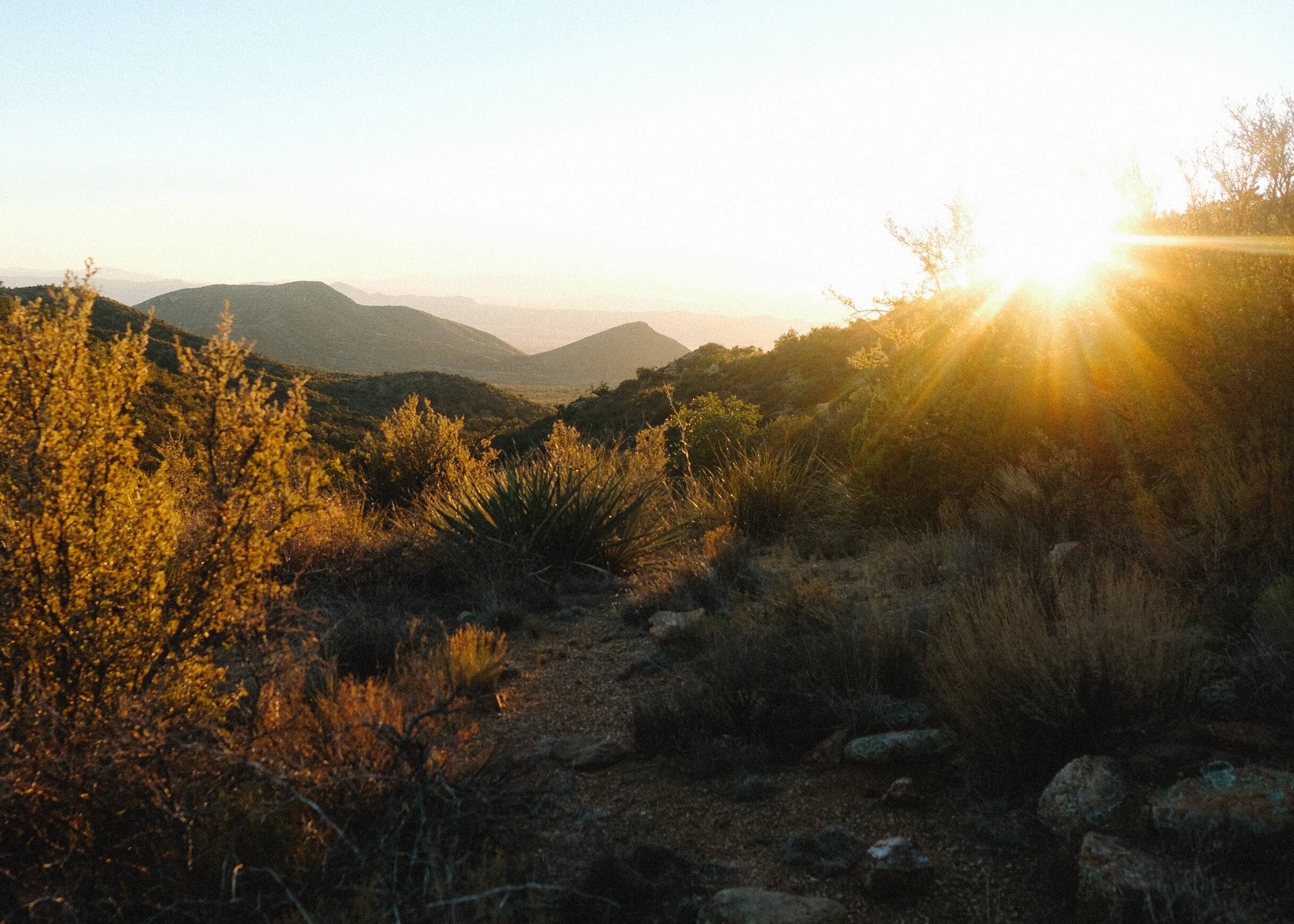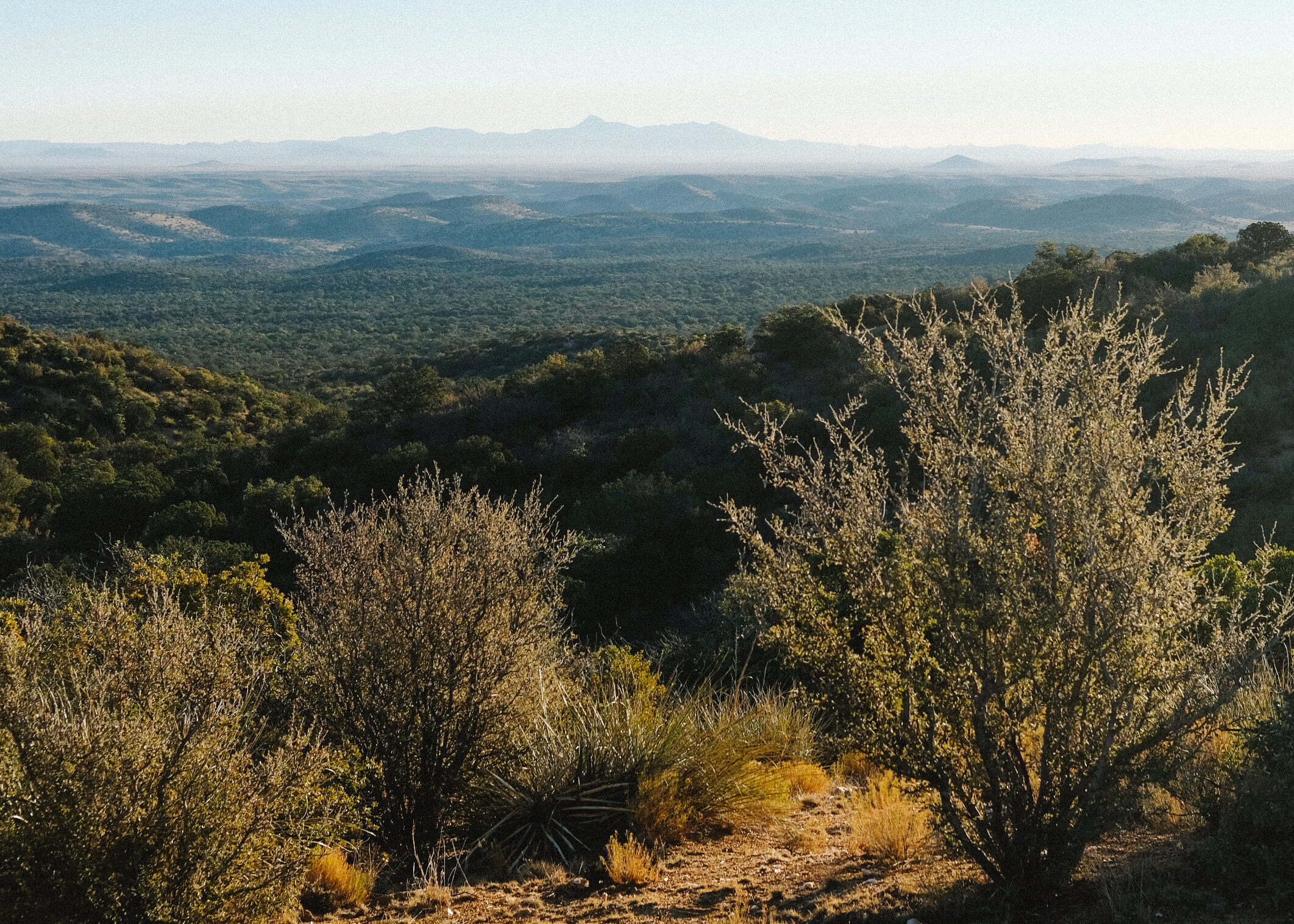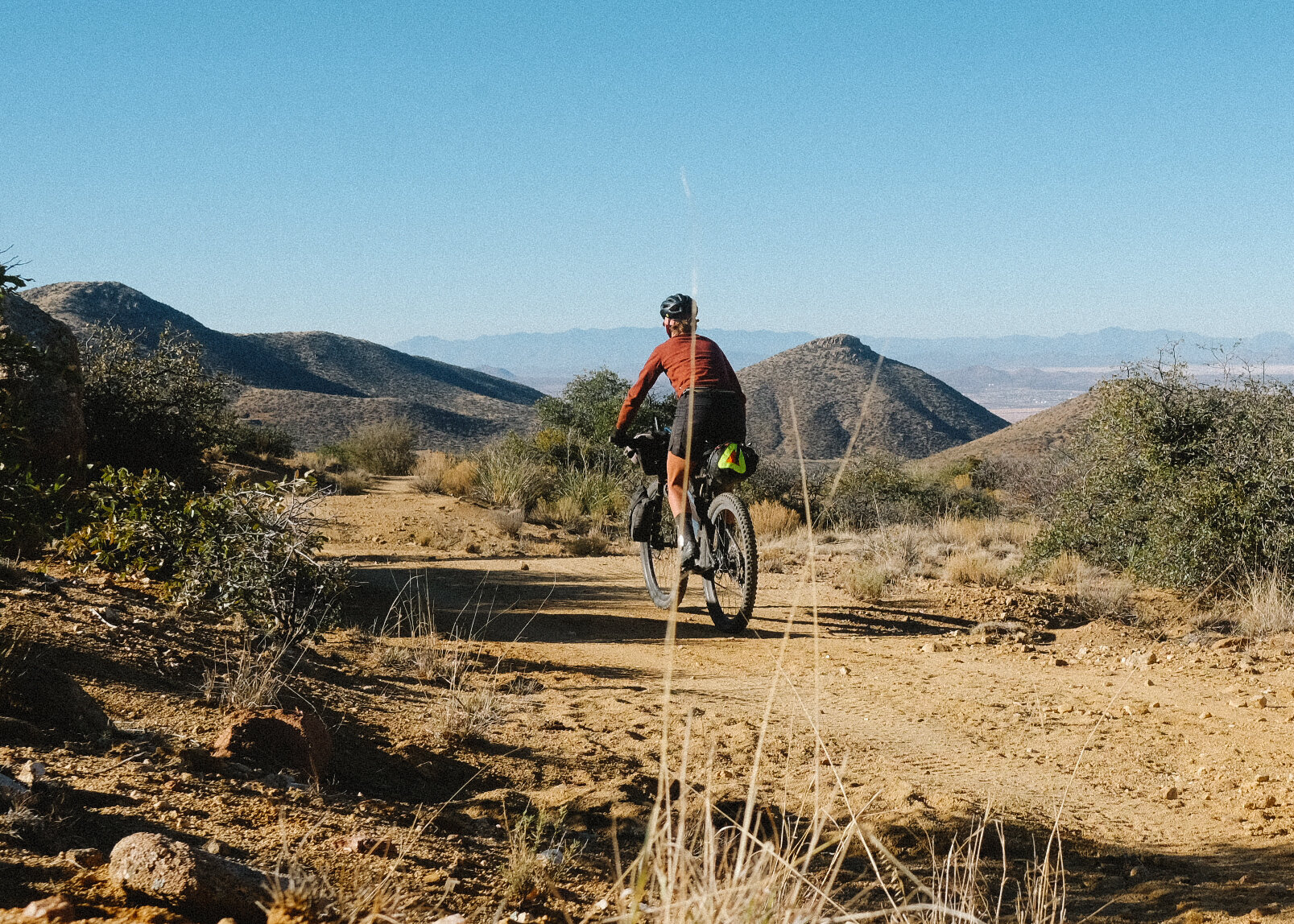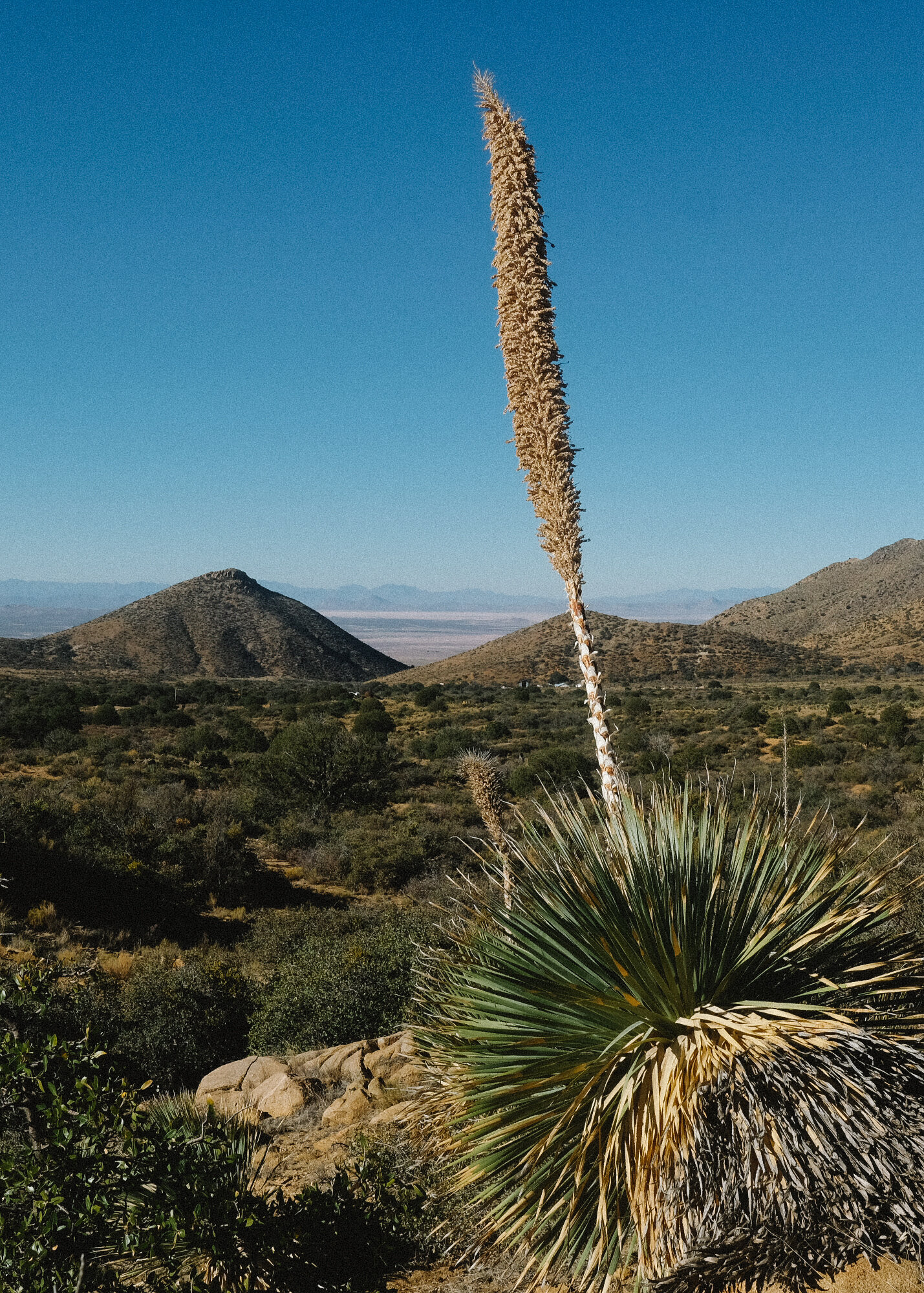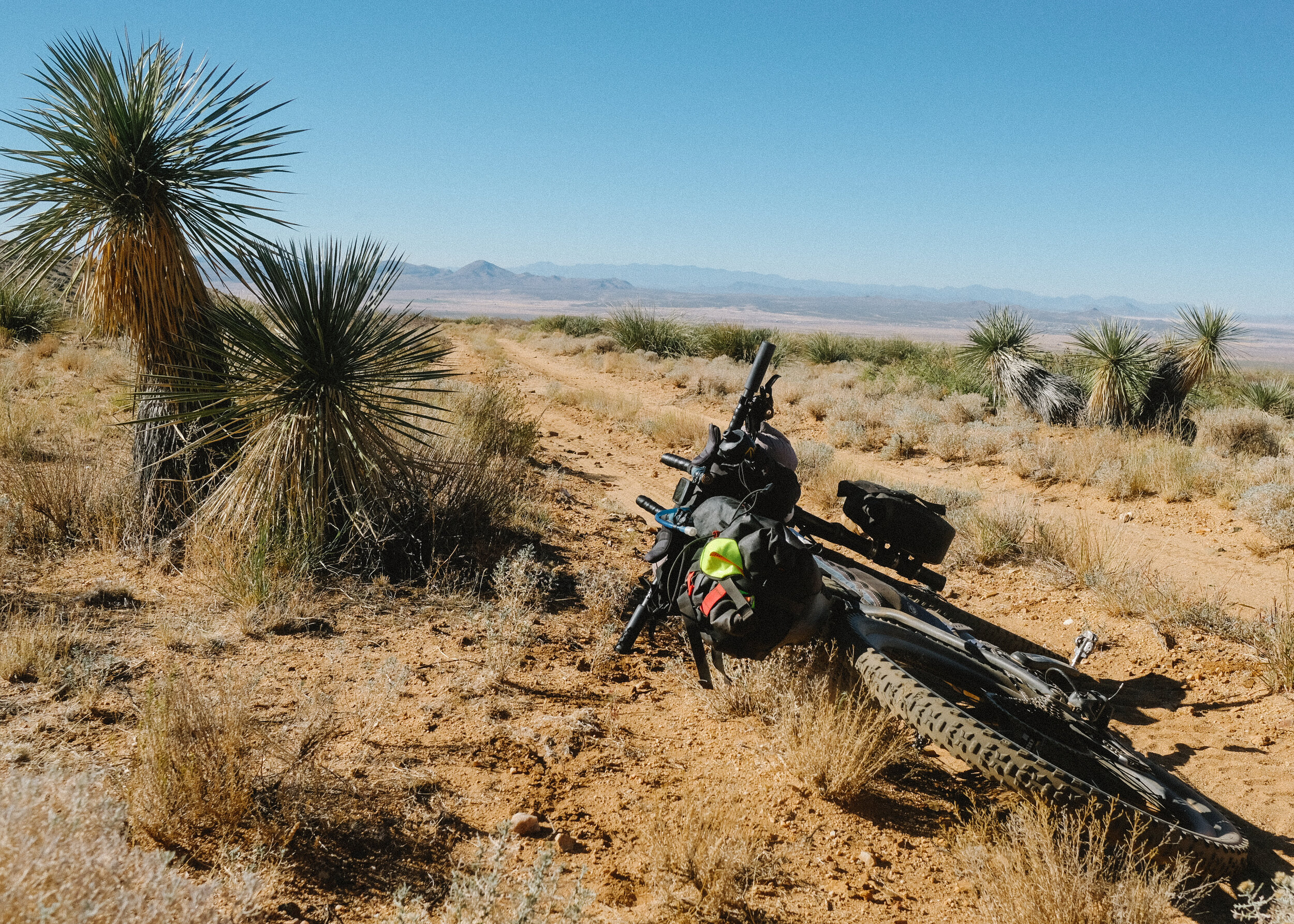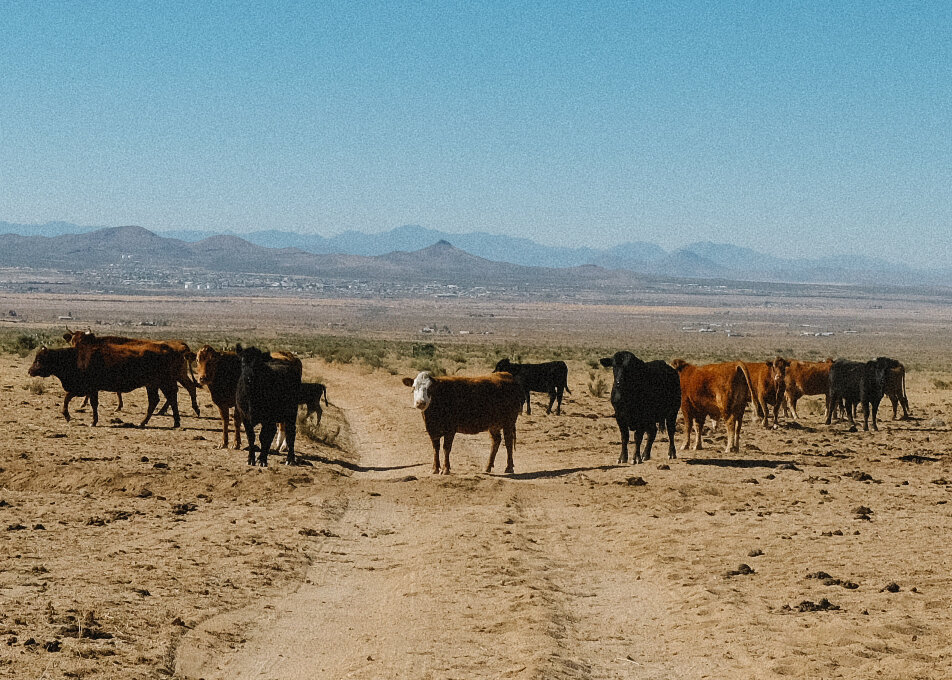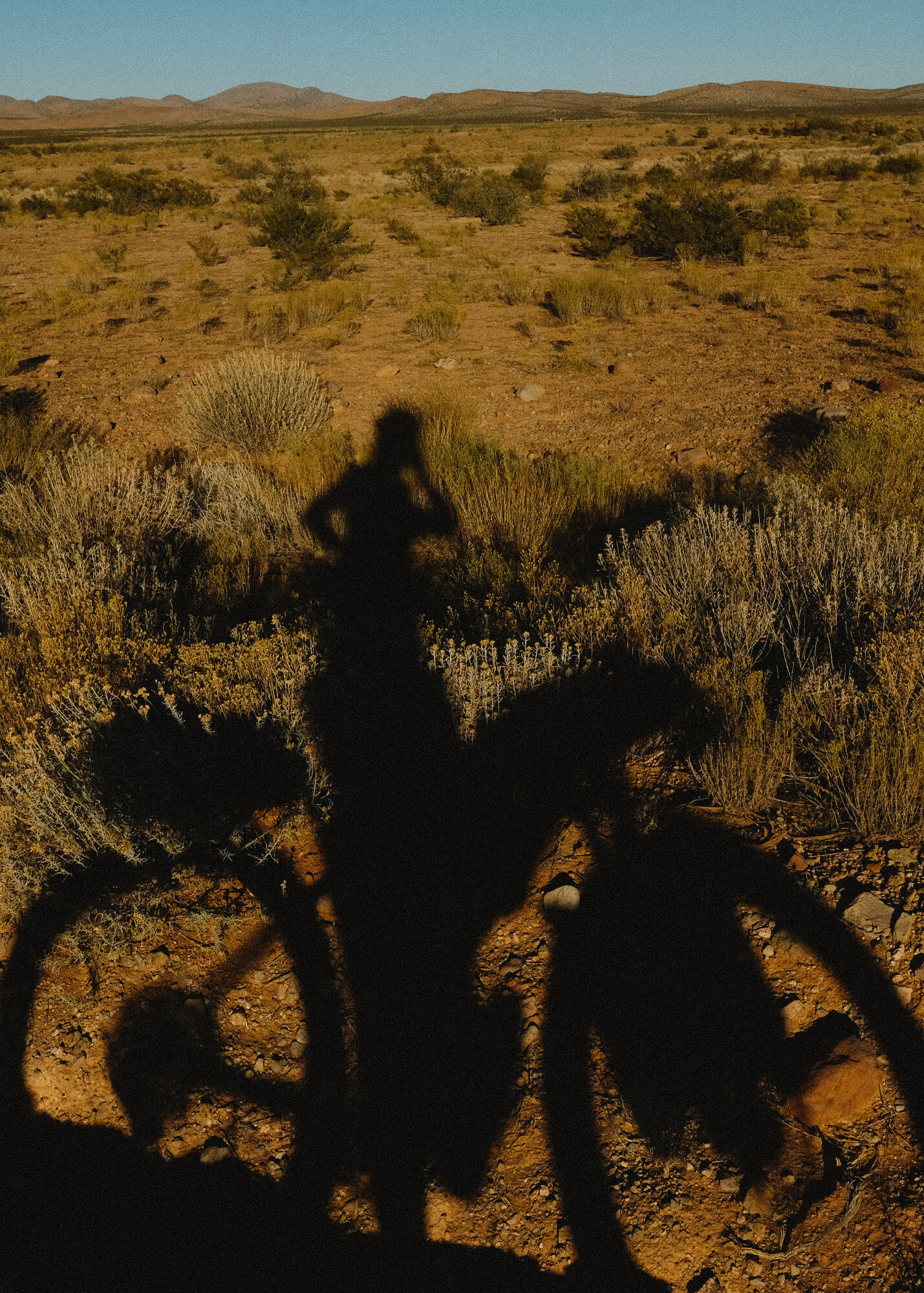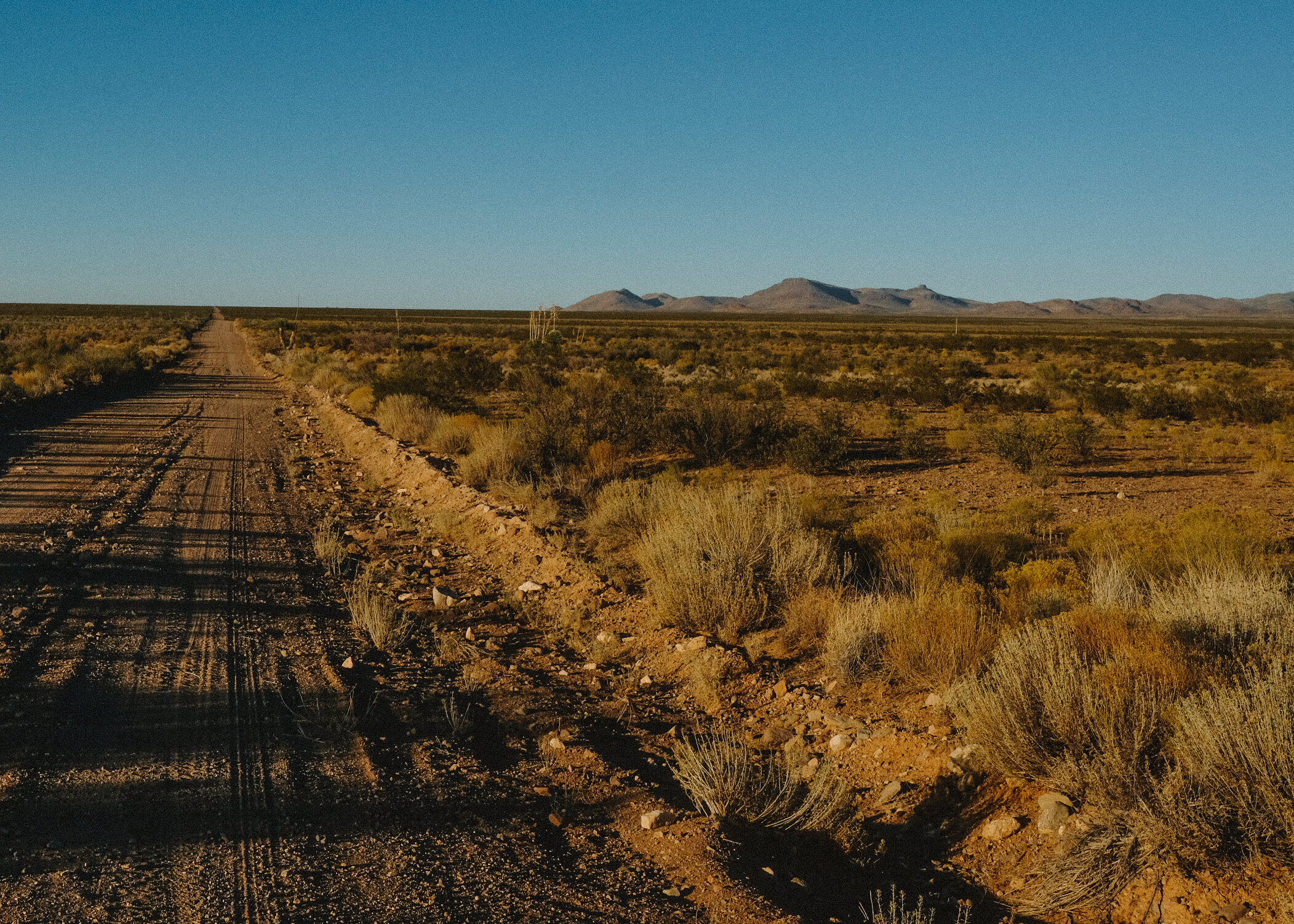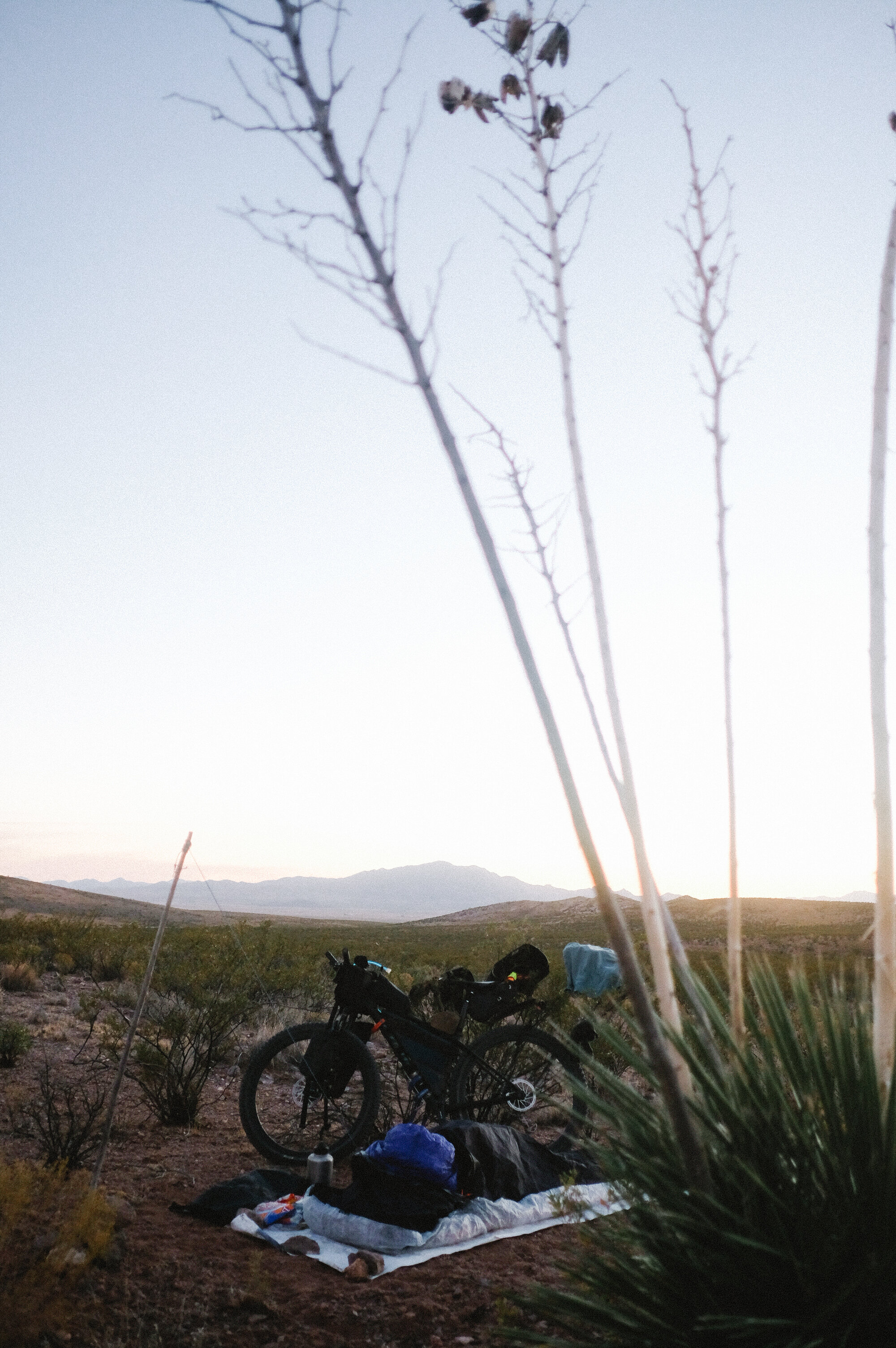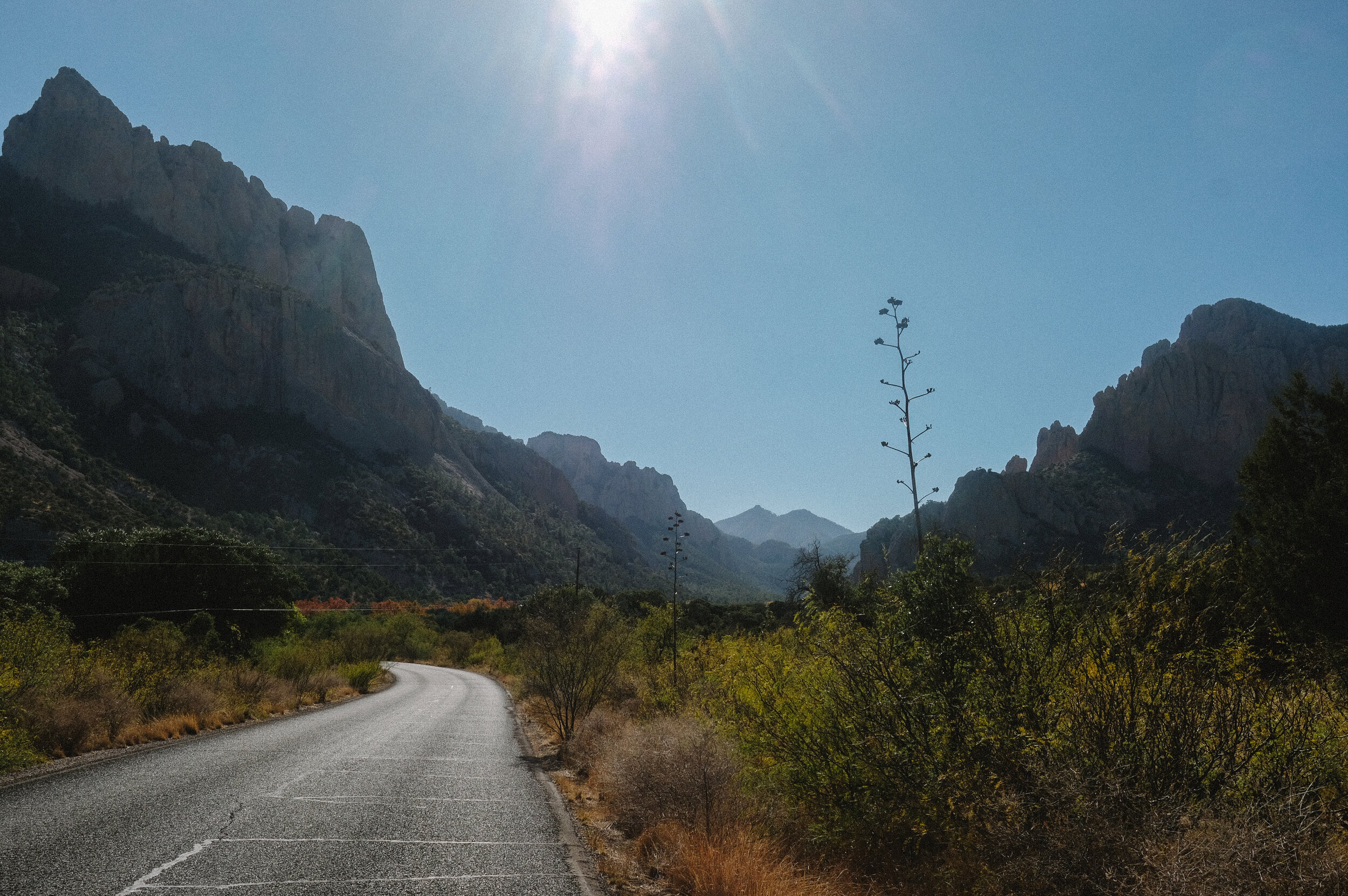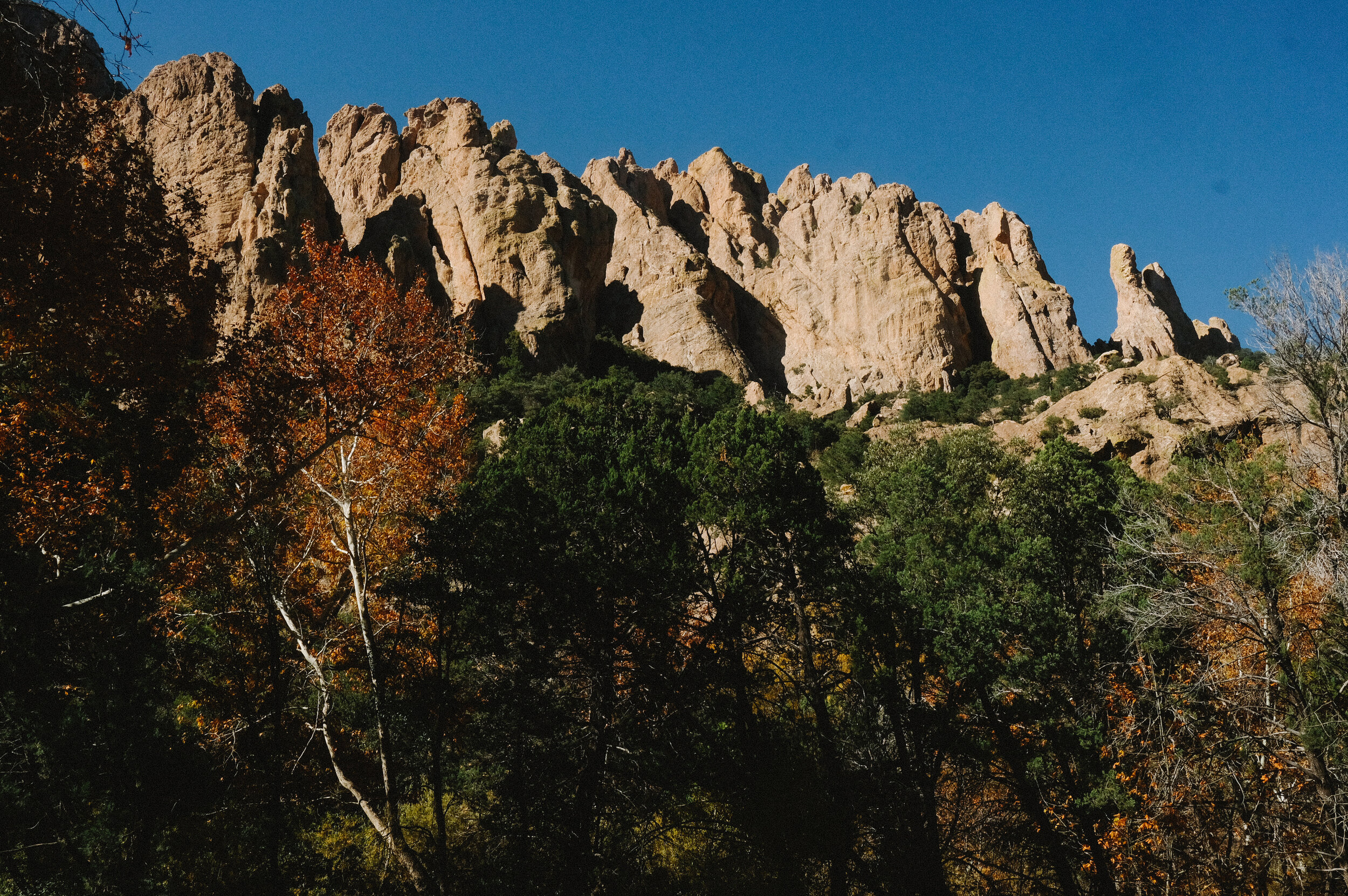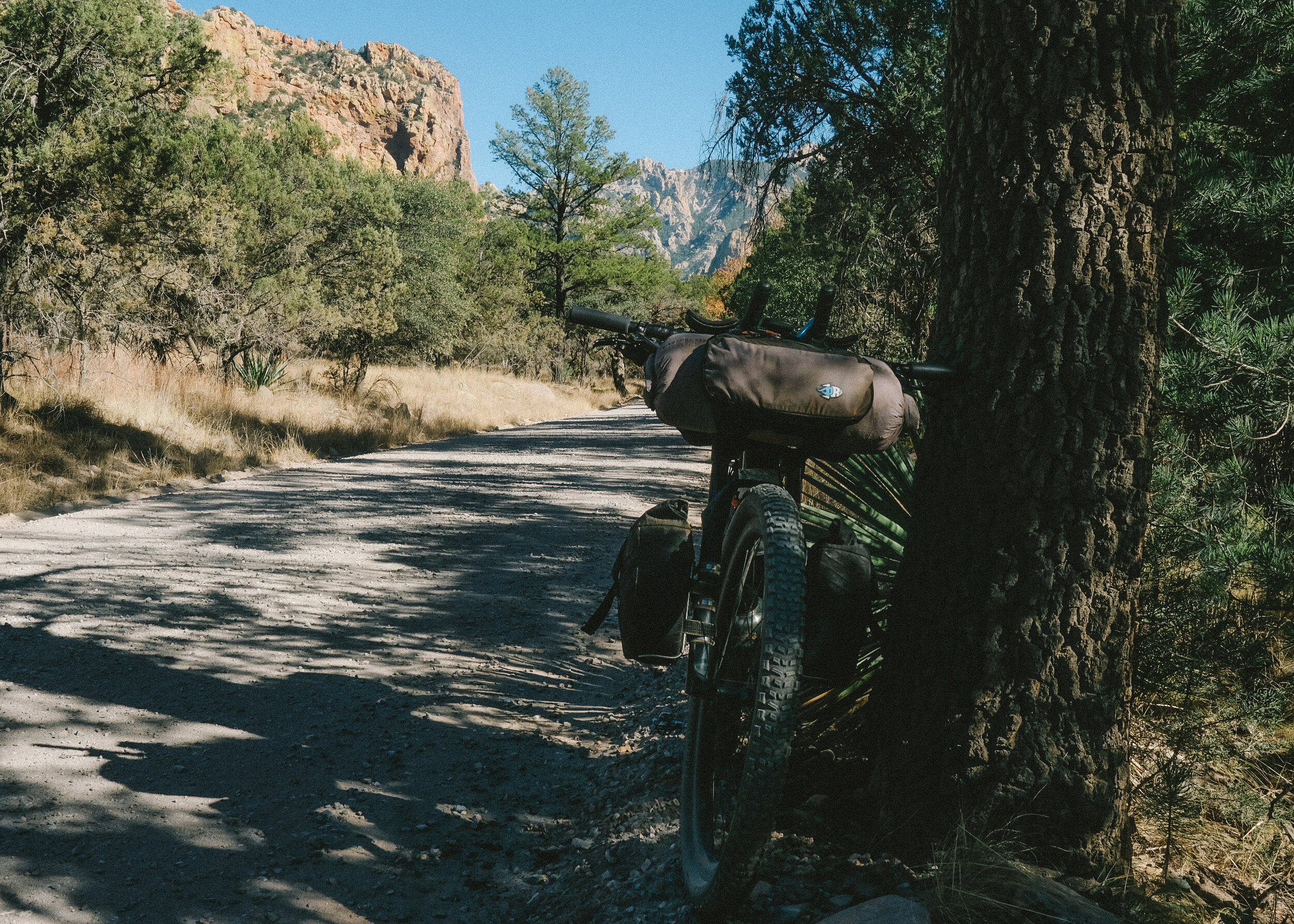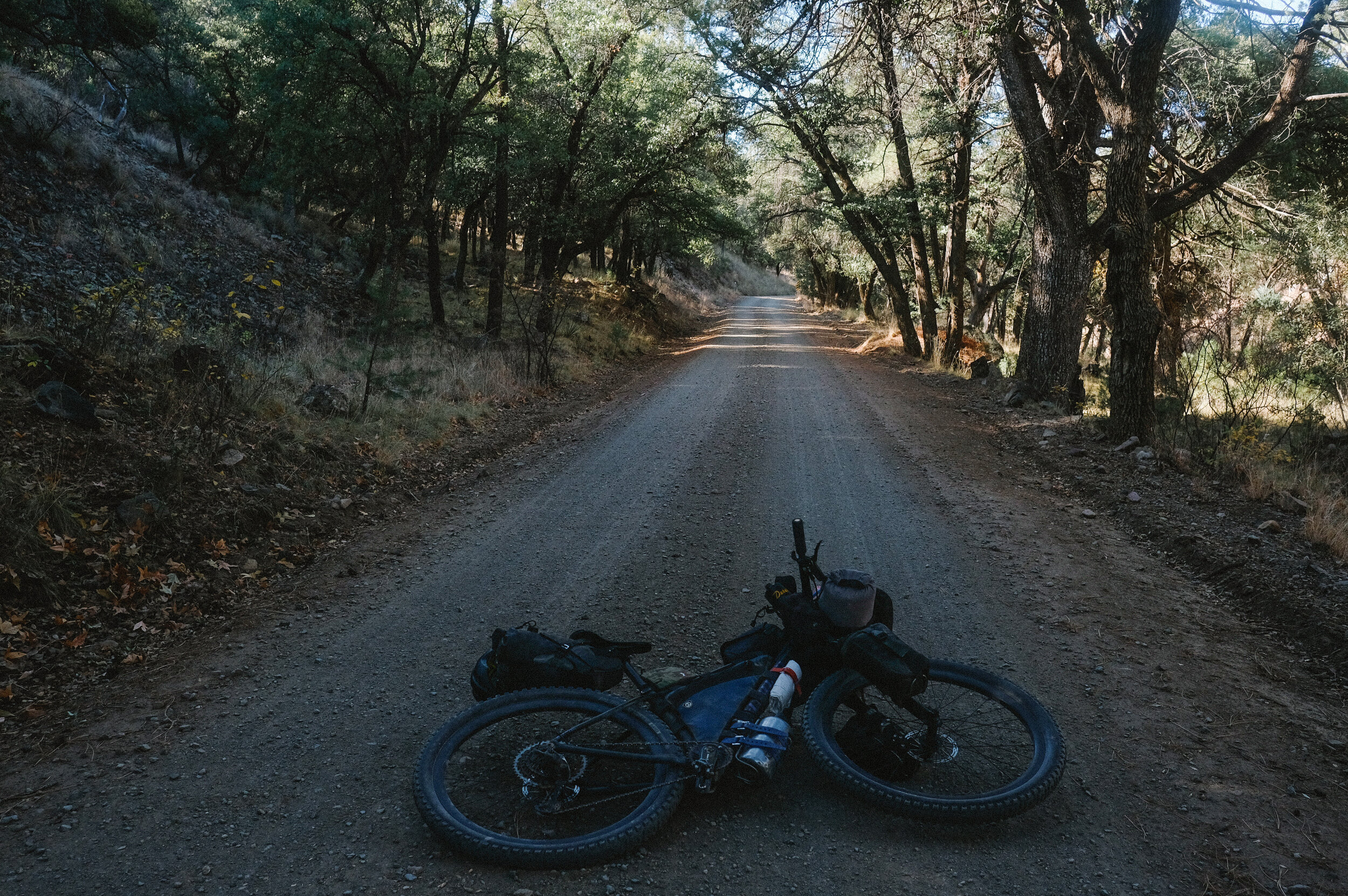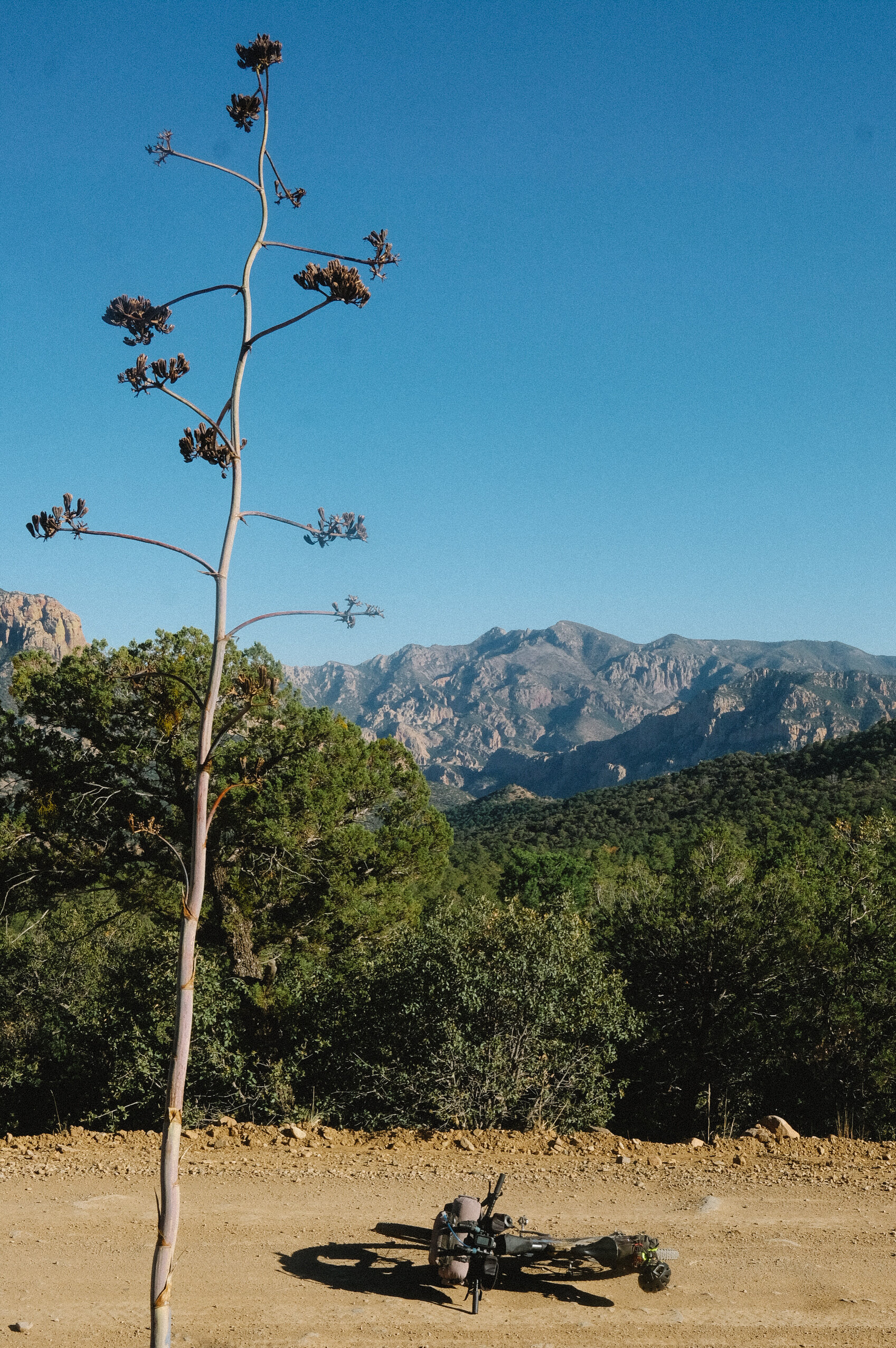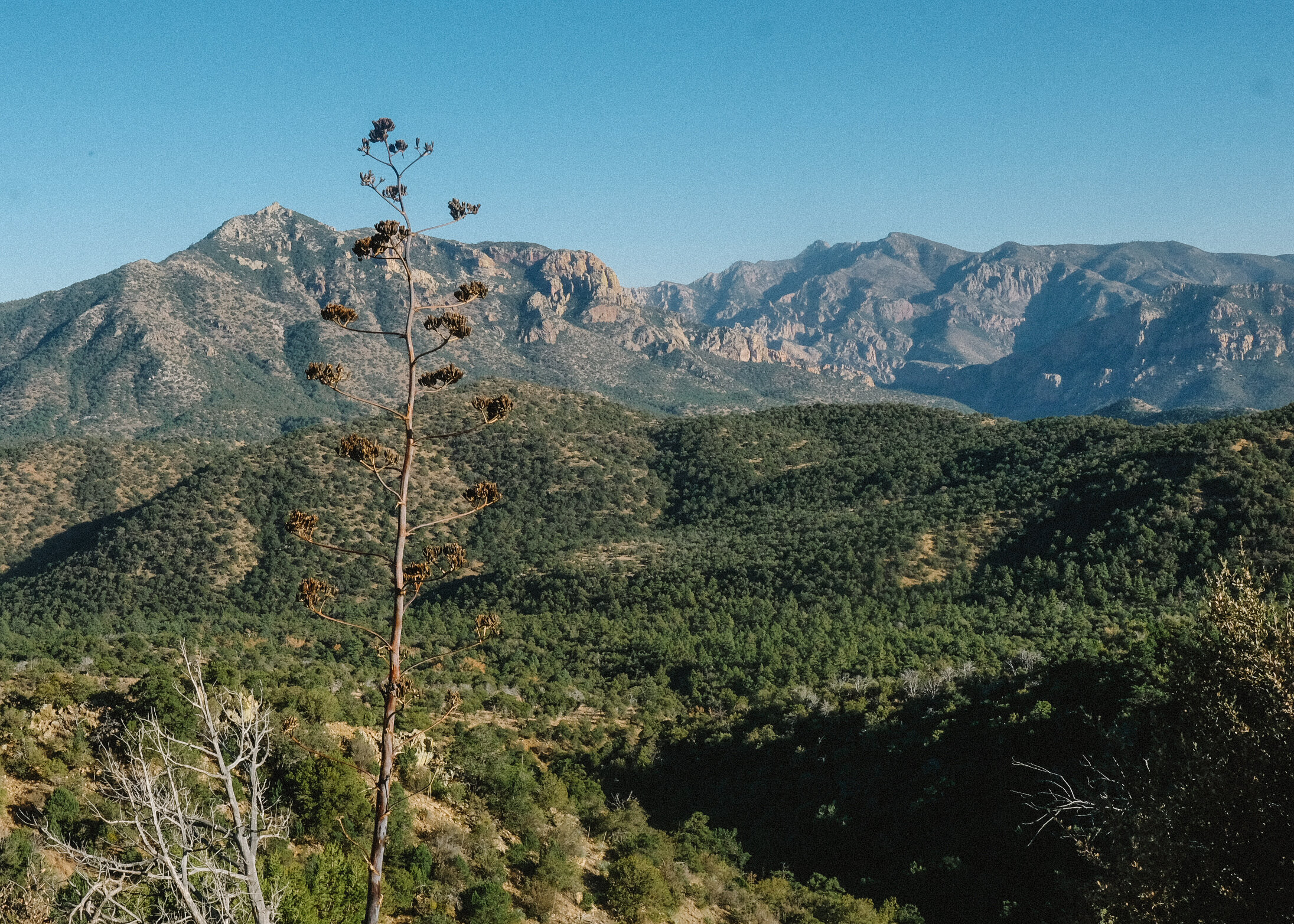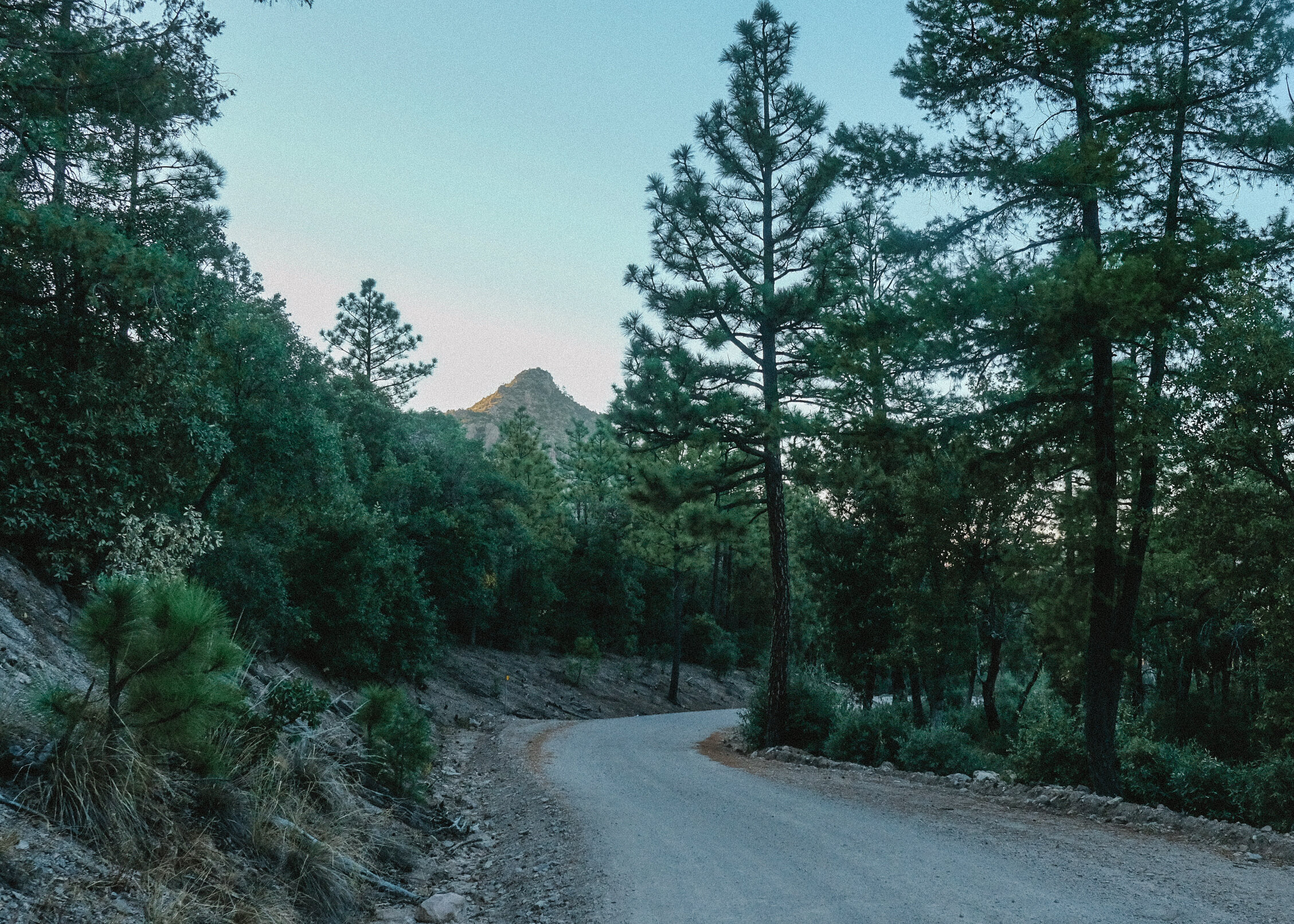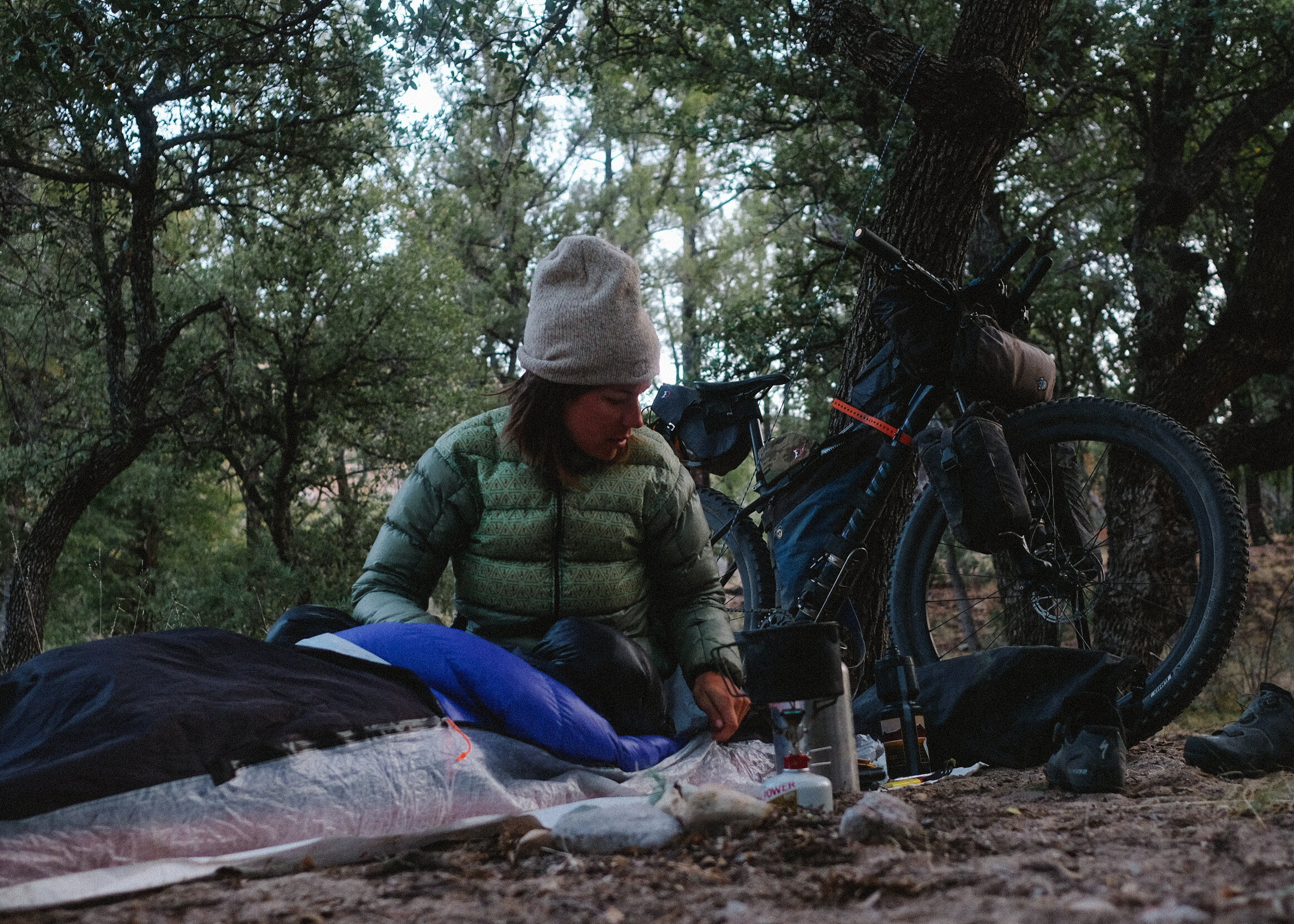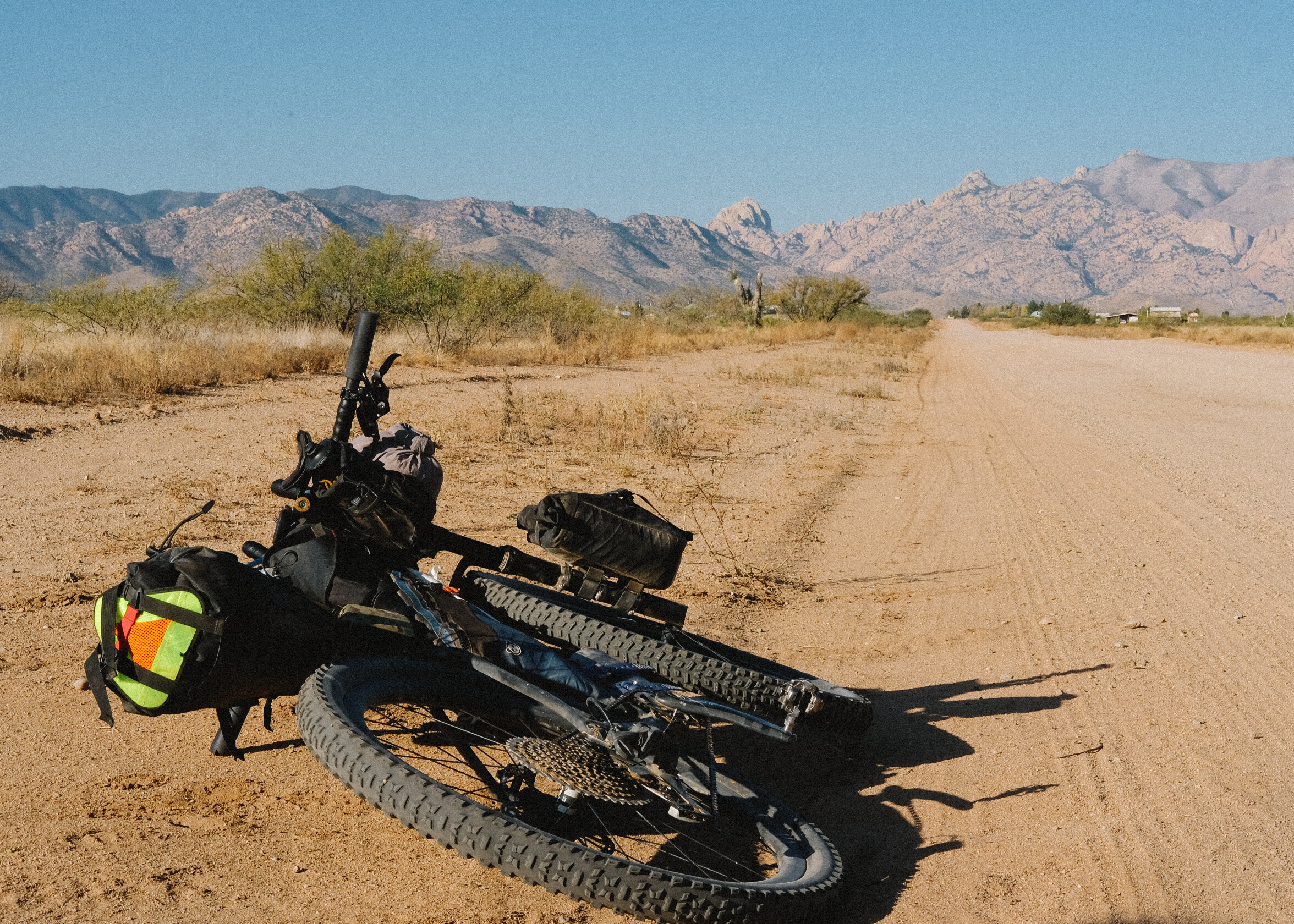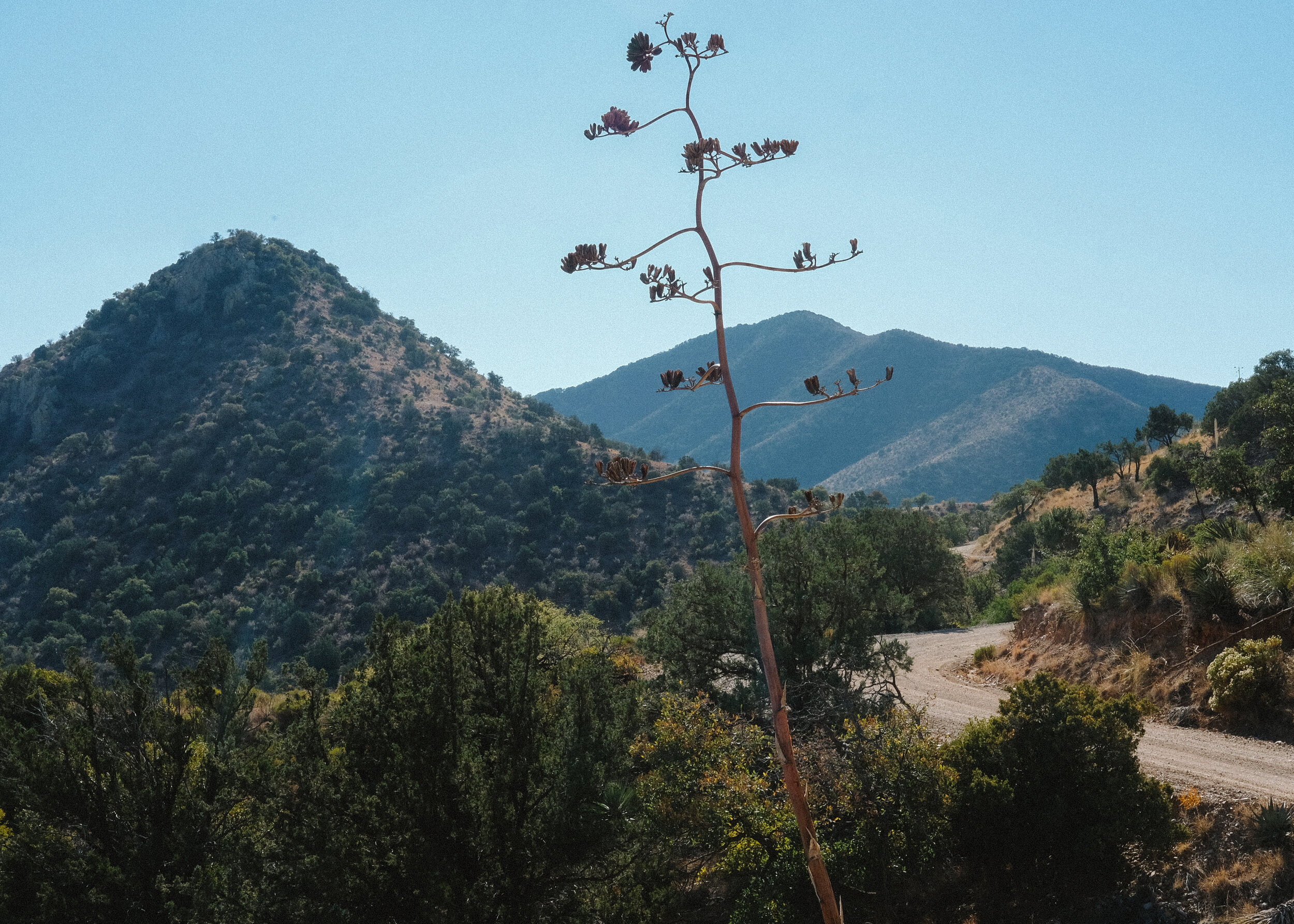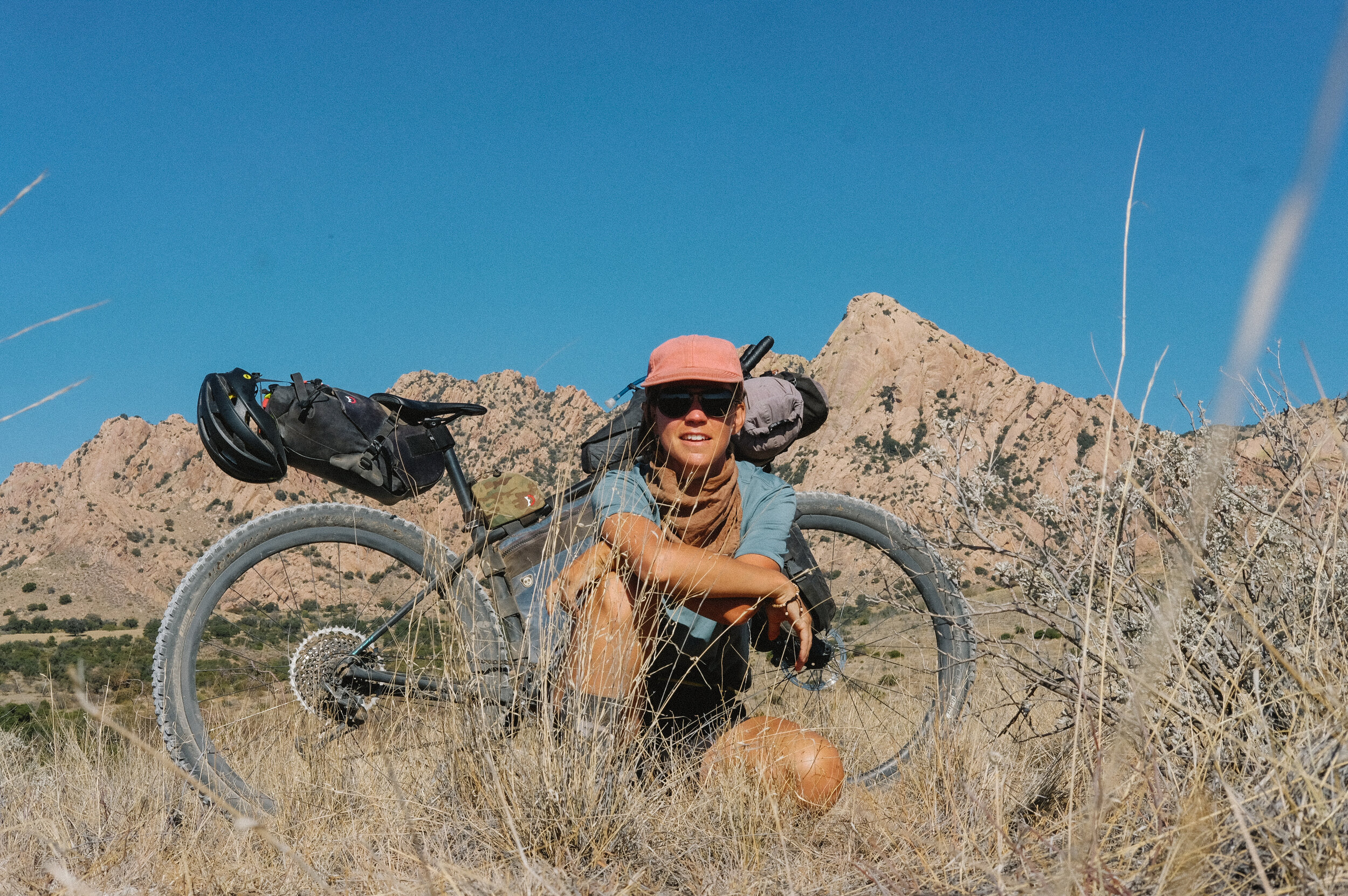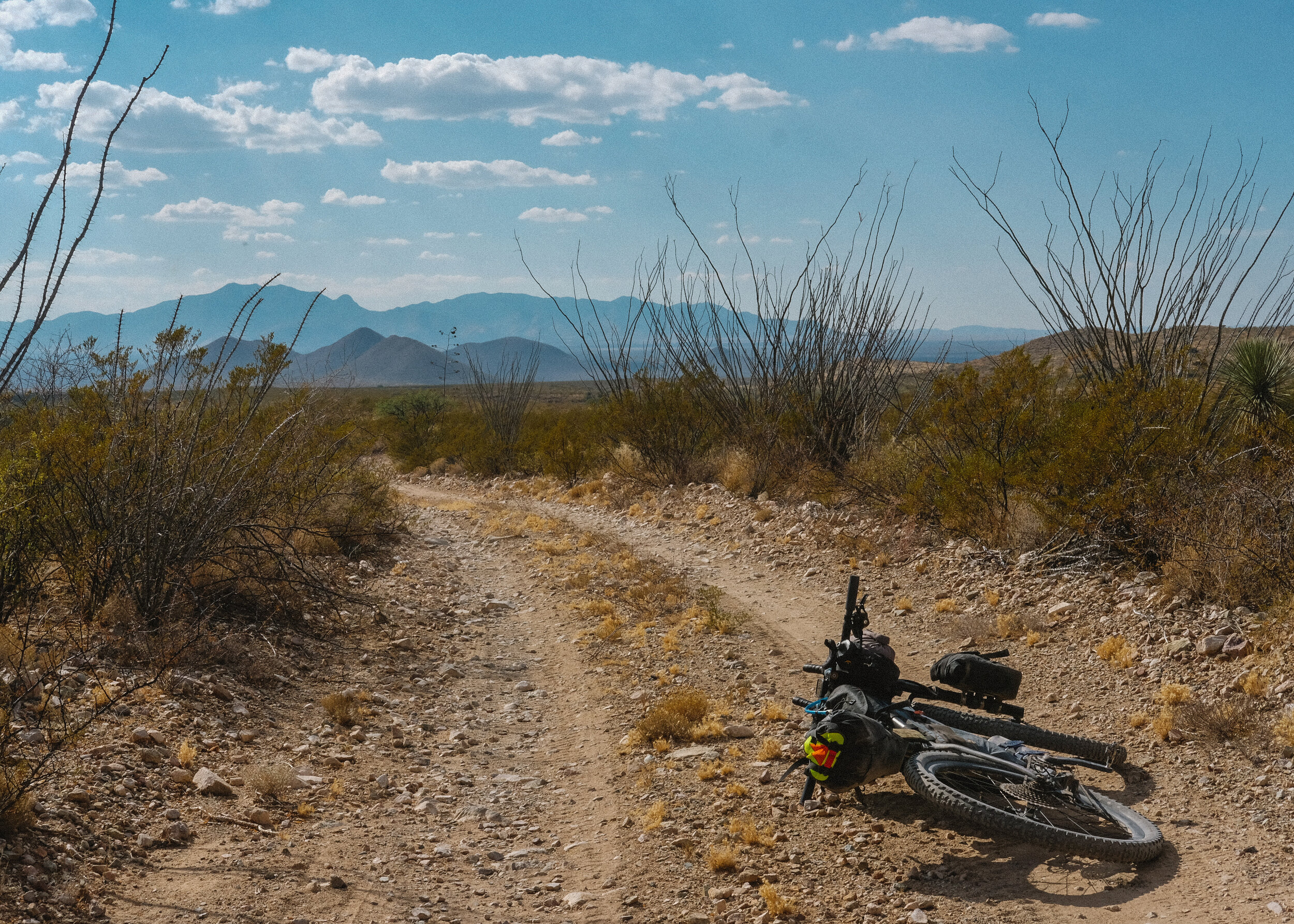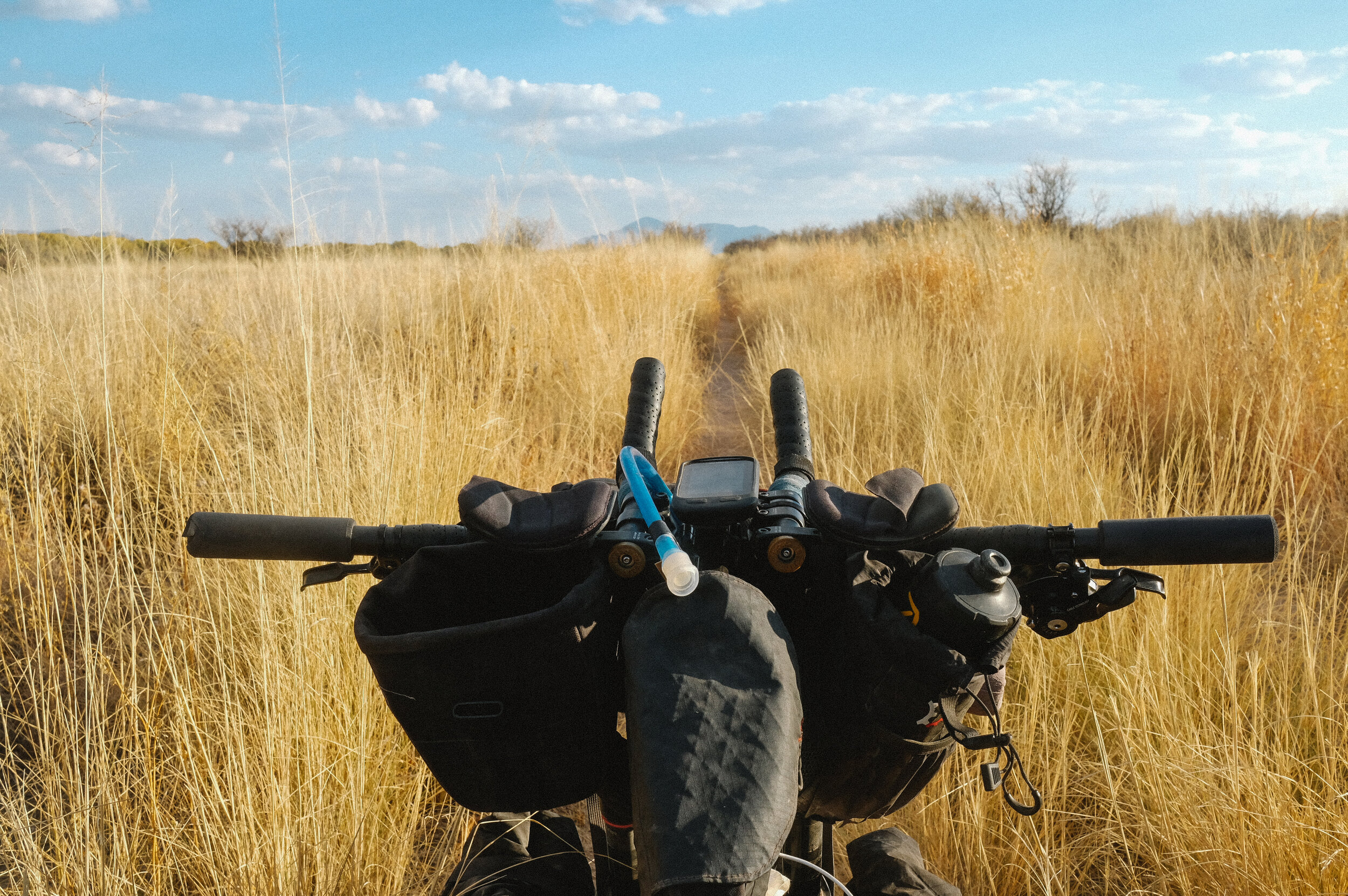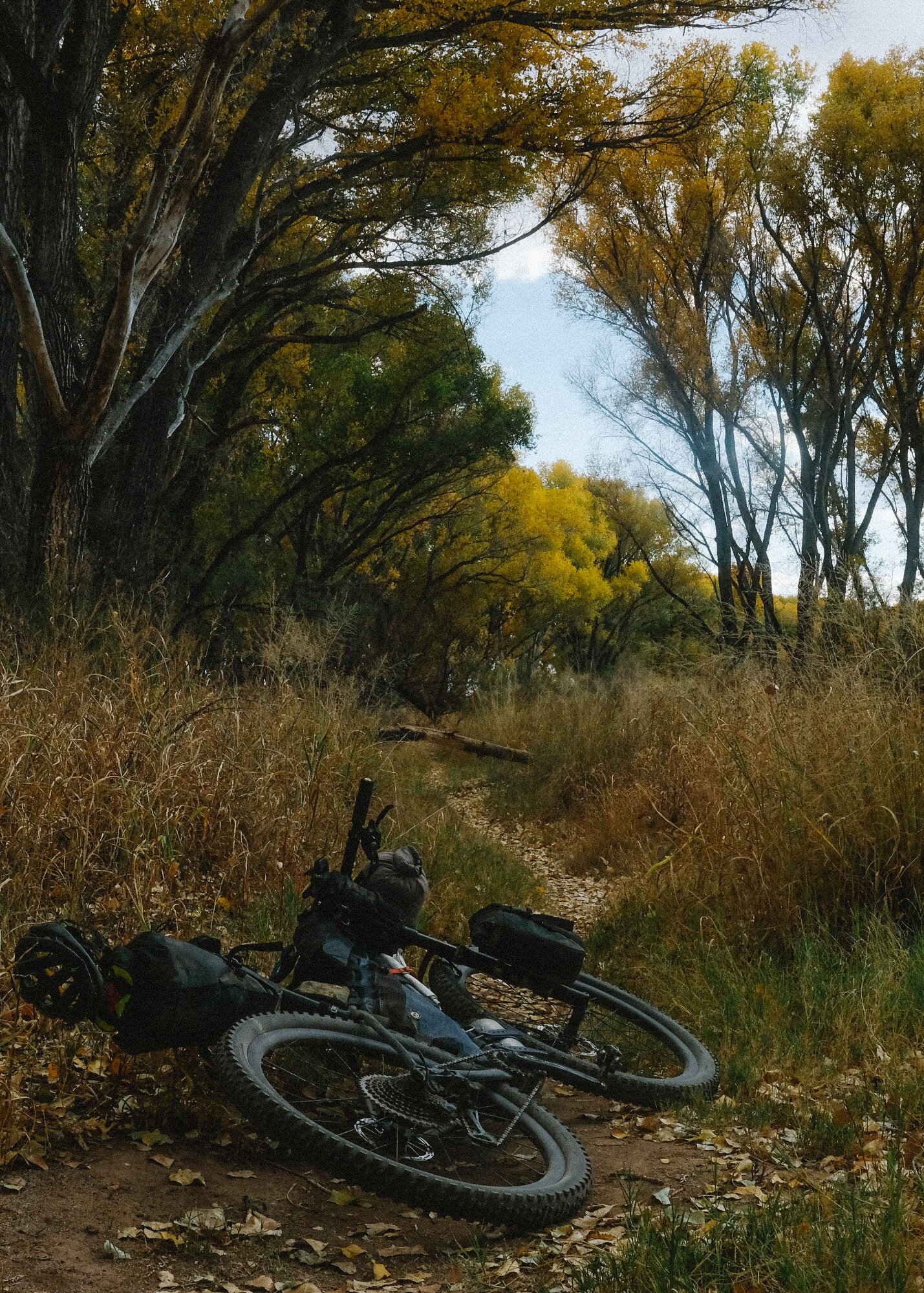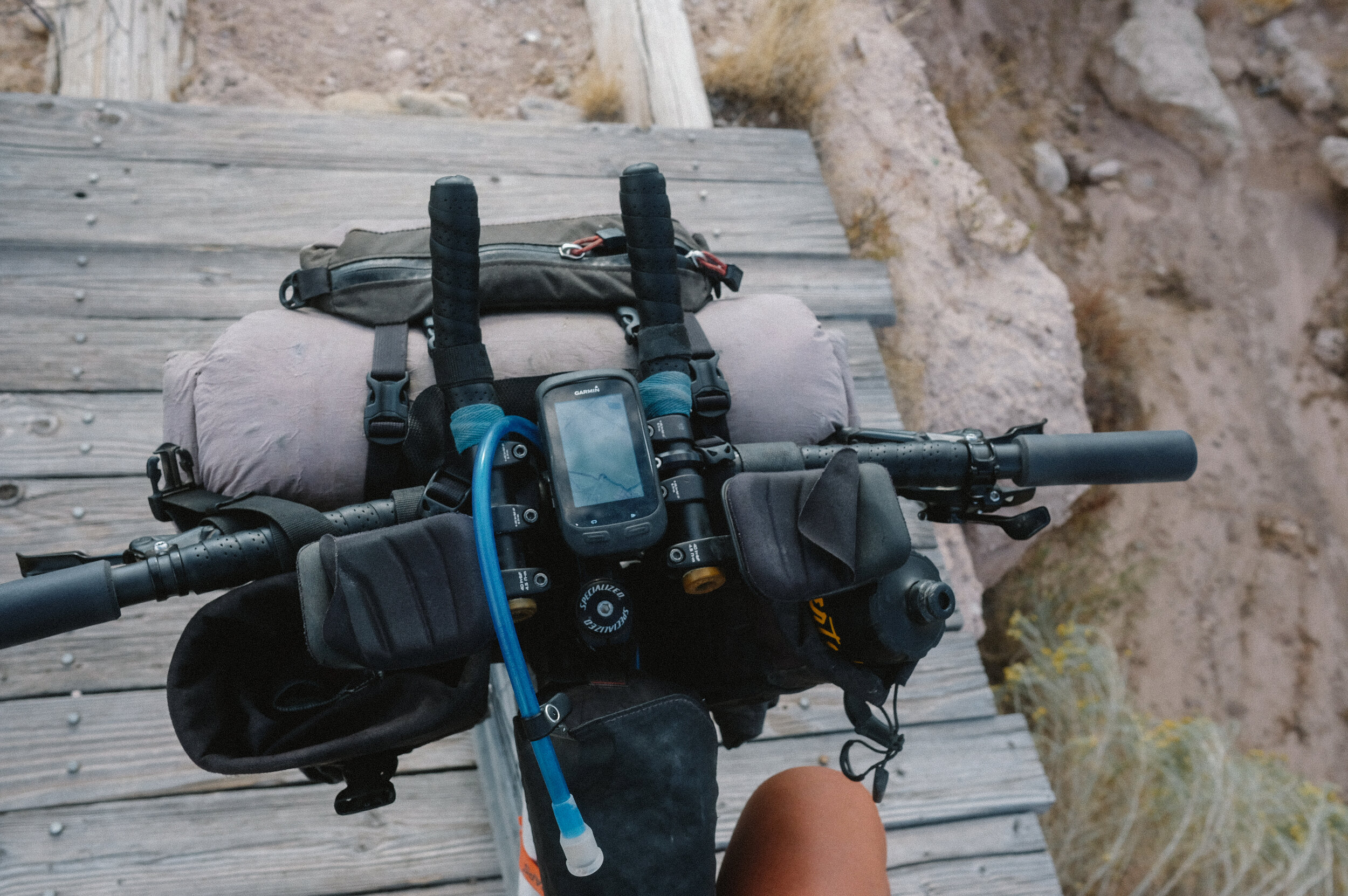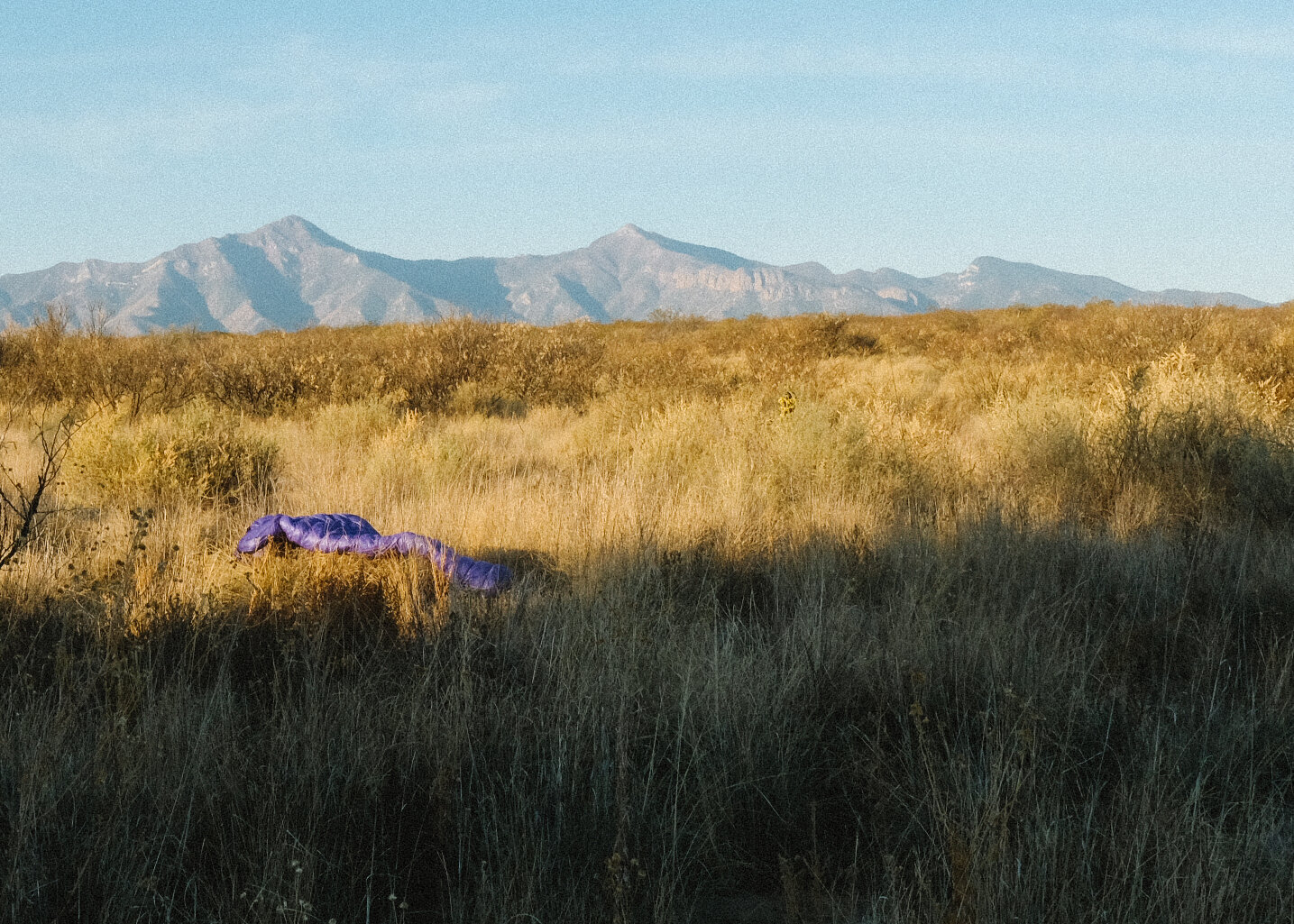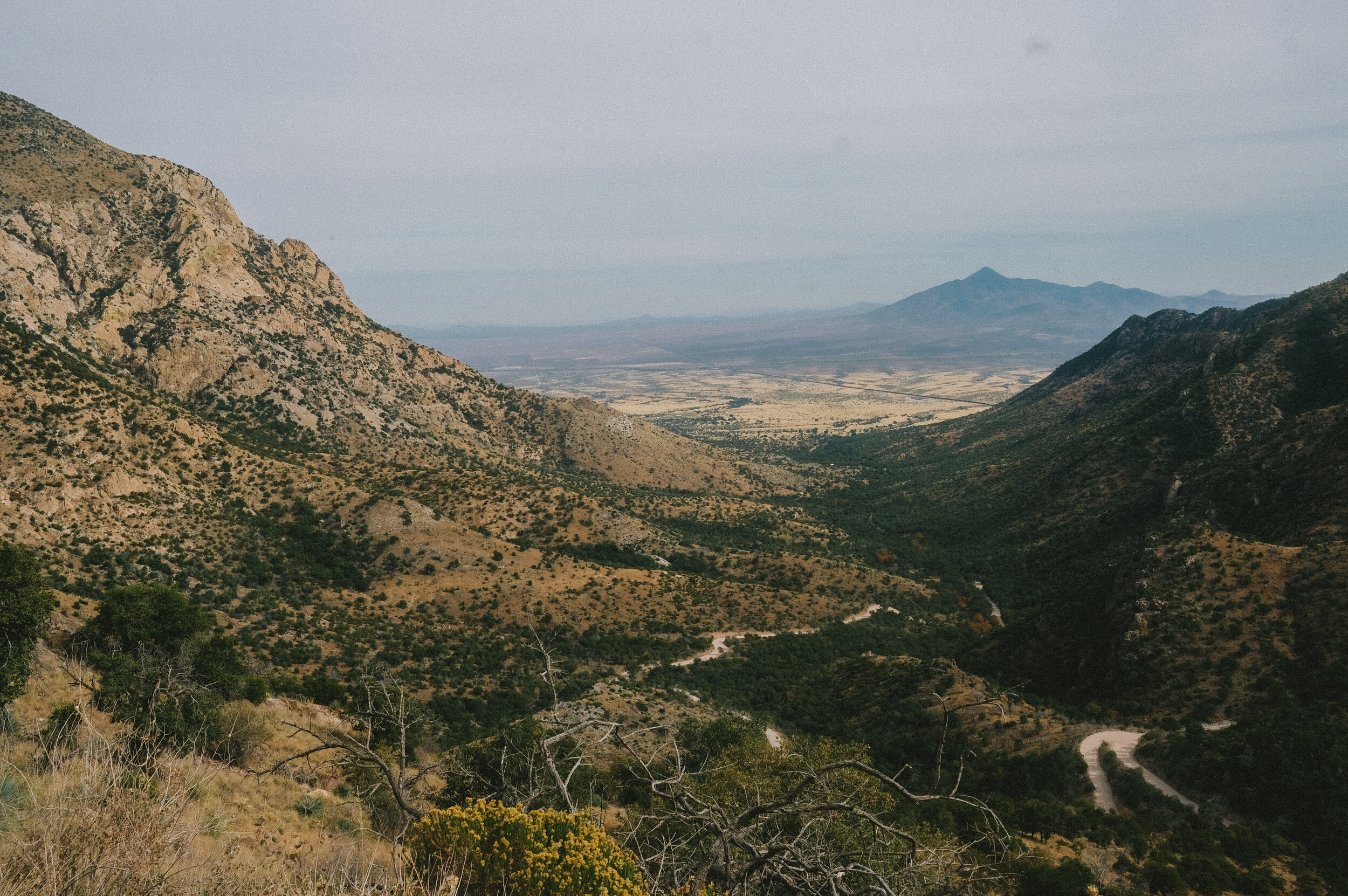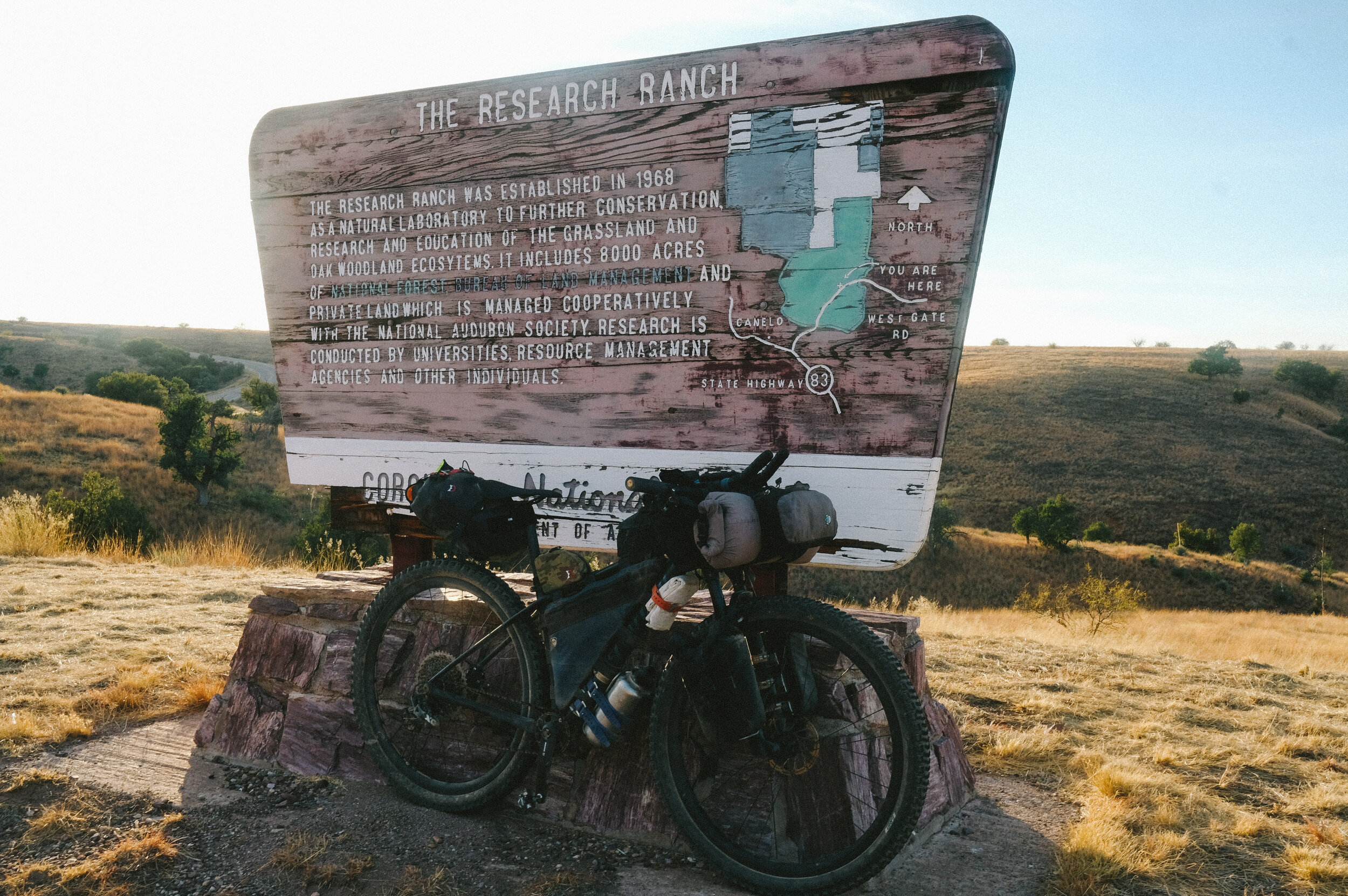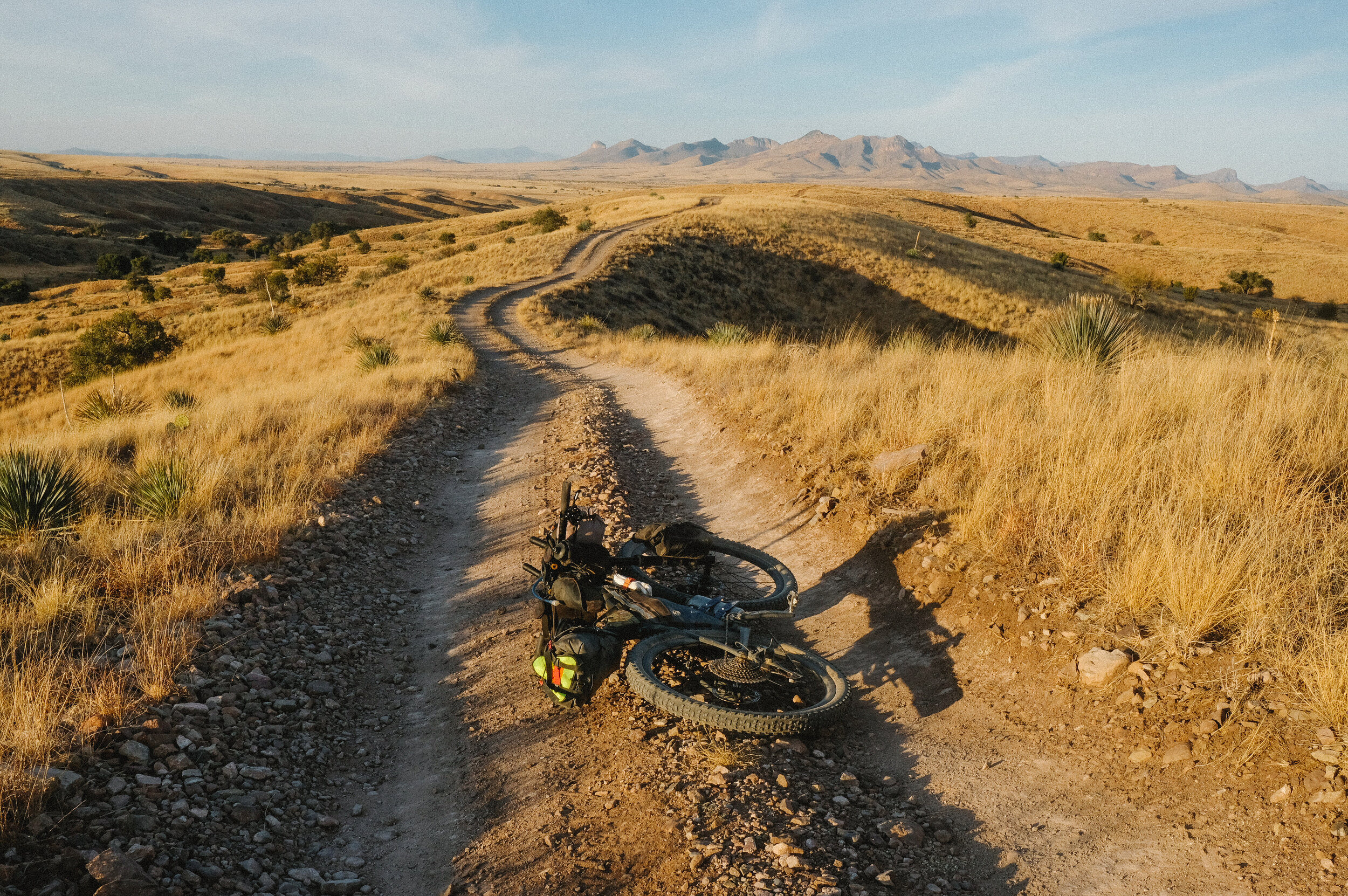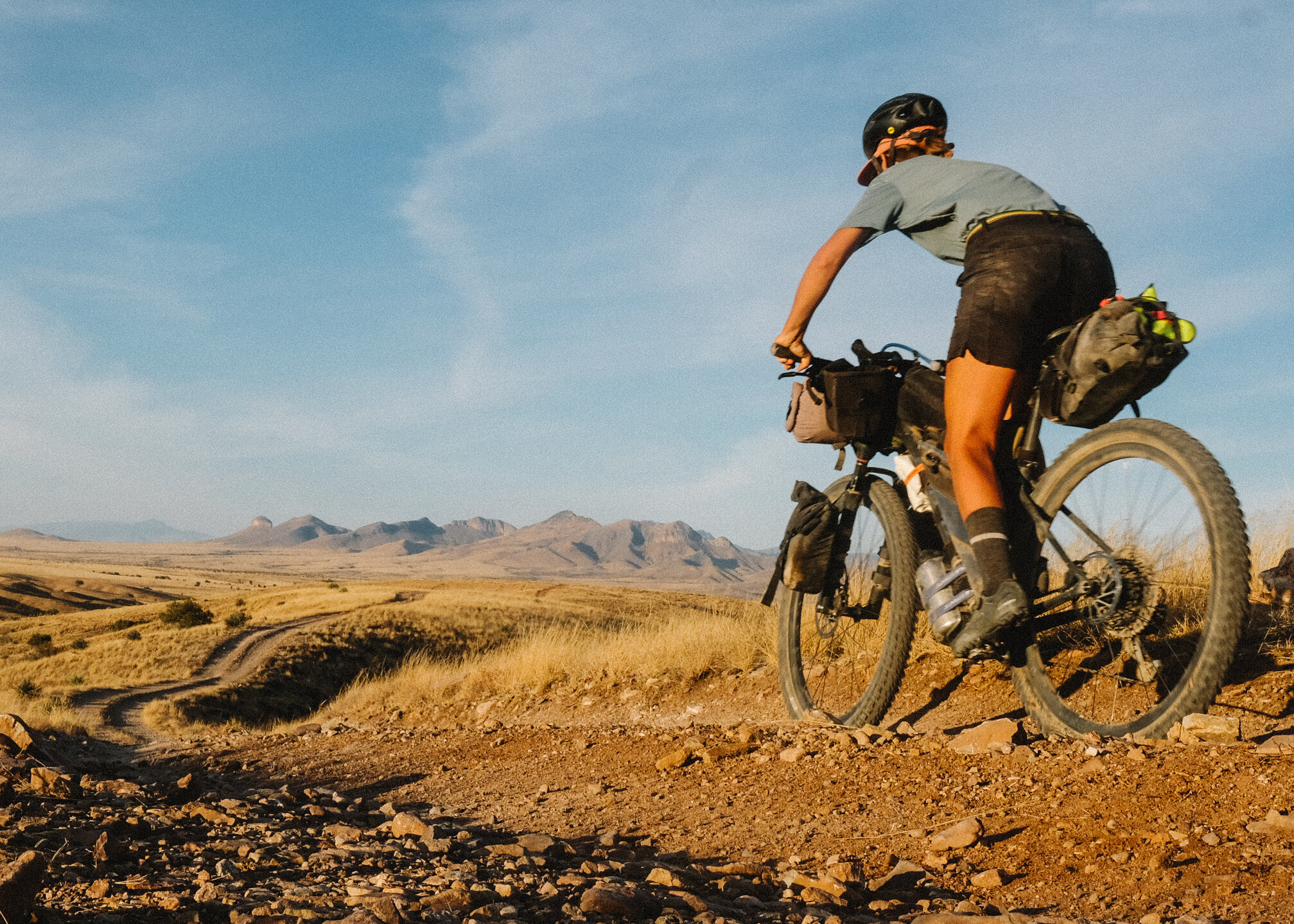The Bears Ears Story
Last month, I shared an article that I wrote about Bears Ears National Monument on bikepacking.com. The piece was a call to action to vote because Bears Ears and places like it depend on our engagement. The story was also about how the bicycle serves as a tool for me to connect and relate with the land, and to understand why it is worth protecting. Particularly in this piece, I was relating to the significance of the land within Bears Ears National Moment to Indigenous Peoples and how their heritage needed to be protected.
In doing so, I co-opted the historic narrative of Bears Ears and contributed to the cultural erasure of Indigenous Peoples. This is not my story tell. As a white person I will never understand the breadth, complexity, and nuance of the historic erasure and all of the other issues Indigenous people face. Nor will I understand the significance and meaning of this land to each of the different tribes in the region, let alone the individuals within those groups.
Protecting Bears Ears is also not my fight to lead. My connection to Bears Ears is through living 2-hours away, riding there, writing U.S. representatives, donating to Bears Ears Intertribal Coalition, and the various other groups who are working to protect Bears Ears since I moved to Durango, Colorado in 2017. These actions are just scratching the surface in the fight that Indigenous Peoples been in for centuries.
Going to Bears Ears during the pandemic was counter-productive to the mission of the trip. When I shared this piece, I failed to consider how insensitive and problematic traveling to Bears Ears National Monument during Covid-19 would be to readers. This is particularly so, since Bears Ears neighbors the Navajo Nation, whose population has been disproportionately affected by the virus.
Lastly, I realize that some in my community were shocked that I could make such a mistake-- considering my work with WTF Bikexplorers (WTF BX) and Ruta del Jefe (RDJ). This piece caused some people to question their involvement with me and the validity of the my work with WTF BX and organizing RDJ.
For the harm, disappointment, and confusion that I caused, I am deeply sorry.
While I have an undergraduate degree in history that focused on racism in America in the 20th century, as I look back, I am baffled that my education taught me little about the breadth of colonialism and oppression that Indigenous Peoples have faced and continue to face today. Only in recent years, have I been learning this history. This lack of education in my life is rooted in the settler perspective and speaks to the cultural erasure that they face everyday. I acknowledge that I still have more to learn from this experience and am committed to the lifelong process of personal growth and decolonizing the way I think, write, and travel in the future.
I have been willingly undergoing an accountability process to reconcile the harm that I caused my community. I have been meeting with and listening to the individuals who were directly harmed by my story, apologizing to them, and committing to change my behavior. I am grateful for these conversations, and for the time, energy, and courage of my BIPOC peers who have come forward to discuss this issue with me. While these conversations have been valuable, positive, and educational— it is not just up to them to keep me accountable. I, too, must hold myself accountable. One way that I can do that is to share this experience and what I have learned with you to promote healing and education in the community.
Below, I have included a list of books and articles, a podcast, and some accounts I follow that have been broadening my understanding of the importance of Indigenous sovereignty and how to be a better ally to the movement. In terms of my writing, at a fundamental level, I am re-evaluating what I choose to write about. To do that, I ask myself; what’s my motivation behind writing about certain issues and is there someone else that should tell this story? Before the Bears Ears story was published, I communicated to WTF BX leadership that, after four years, I will be stepping down from my leadership role in order to give space for new energy and growth for the organization and for myself. I have been working with new leadership to complete my transition by January 1, 2021.
I know a lot of folks have felt confused about this situation because my Bears Ears story was taken offline so quickly. Solely for transparency and so we can all learn from this experience, I am linking to my Bears Ears story here.
Please, feel free to reach out to me if you would like to have a conversation about this or have any resources to add to this list.
Accomplices Not Allies: Abolishing the Ally Industrial Complex: An Indigenous Perspective and Provocation - Indigenous Action Media
All My Relations Podcast
Davis, Lynne. {2010}. Alliances: Re/Envisioning Indigenous-Non-Indigenous Relationships. University of Toronto Press.
Dunbar-Ortiz, Roxanne. {2014}. An Indigenous Peoples’ History or the United States. Beacon Press.
Indigenous Women Hike (@indigenouswomenhike)
Kimmerer, Robin W. [2013]. Braiding Sweetgrass. Milkweed Editions.
Taylor, Dorceta E. {2016}. The Rise of the American Conservation Movement: Power, Privilege, and Environmental Protection. Duke University Press.
Renee Hutchins (@Renay.h)
2020, Social Media, and I
I grew up white middle-class. As a teenager I was stubborn, passionate, and angry. I just wanted to be left alone; to be free to do what I wanted. I pushed the boundaries of what was acceptable, tolerated, and what I could get away with. I pushed against authority so much, that I am lucky to not have been kicked out of school or in trouble with the law.
I learned to manage these retaliatory impulses when I started riding a bike to stay healthy and to get to know southwest Ohio. At the time, the bicycle exposed me to an alternative way of life, how I could earn a living, and what a good living could look like.
This year has created a social media environment that, for the first time in a long time, has me navigating my teenage angst again. This time, the authority in my life feels like it is being enforced by people on social media and I am struggling to find a balance between its addictive and sometimes oppressive nature, and the education, growth, and connection it can promote.
As I grasp this ever changing environment, I have been crashing along the way. I compare this to that period of time in your bike skills’ progression when you start to get comfortable in the new techniques you have gleaned from a summer of riding. Then, at the end of the season when you are feeling confident you crash your bike at high speed and nearly break your neck. This crash sets you back. It makes you reassess what you are doing, and why it’s worth doing (this literally happened to me a couple months ago - I’m fine).
This year has made me reconsider almost everything I have been doing. I went from having one of my best years to one of the worst. Don’t get me wrong, compared to so many other folks affected by the pandemic and economy through loss of work, closed businesses, evictions, illness, poverty, and death, I am so grateful that my challenges are merely growing pains. In some regard, we are all feeling similarly. Maybe it is because of the anxiety around social media, Covid-19 restrictions on travel, and significantly less amount of time traveling and riding our bikes this year — the things that inspire and fuel us. More than anything this year is forcing me to revaluate how I would like to use my platform in a more intentional way. So far this will include less time on Instagram and more time writing blog posts and dispatches. I don’t expect to get everything right all of the time but, I refuse to give up. Despite the pain of the lessons, or crashes, that come with the process of change and evolution, I know it will lead to something better with time.
A Bike Tour
I don’t think I’ve ever experienced the amount of anxiety that I had during the weeks between the Bears Ears story and the election. Both events brought 2020 to a head for me. Similar to closing my bike shop, Swallow Bicycle Works, and when I decided to leave my marriage. During both of those times, I embarked upon a really long bicycle tour to process my feelings; I rode the TAT when we closed the bike shop, and I rode from Durango to Kansas to help process the break-up from a 10-year relationship.
To be clear, the anxiety that was caused by the Bears Ears story did not stem from the feedback I had received from my BIPOC peers through the accountability process. As stated before, my experience with the accountability process has been positive and valuable. The anxiety that was triggered from it stemmed from my reaction to the piling-on of call-outs and criticisms from people online; people who do not know anything about me. From my reaction to the rumors and feelings of the unknown, my fate was in the hands of a force outside of my control. It was from my own shame of publicly messing-up and letting people I care about down. Again, it wasn’t that these things happened, it was that these things triggered my self-doubt and challenged my sense of self-worth, both of which I had been struggling with throughout the year.
I knew that my health and ability to grow from this experience was dependent on shutting out the noise, being with myself, and getting back to basics. The best way I know how to do this is to pedal my loaded bicycle through nature day-after-day and sleep on the ground beneath the stars. With the appropriate Covid-19 precautions and planning; and the support of partner, therapist, family, and close friends, I started a solo 400-mile ride through deserts and mountains. My ride would end at the Appleton-Whittell Research Ranch in Elgin, Arizona, and the beginning of a new chapter in my life’s journey.
On the morning of day three of my eight-day tour, I was video chatting with my Granny. The day before ended up being one of the hardest days I have ever had on the bike, and I told her all about it. A combination of remote and rugged terrain, riding into a 40 mph headwind for 10 hours, a dwindling supply of water, some unfortunate yet necessary bike-hurling, hopping over one-too-many barbed wire fences, and an impending accountability call that evening made my 60-mile bike ride feel more like a 200-miler. I was so busy surviving in a physical way that any thought of the mental storm I had been dealing with in the weeks prior was drowned out from surviving day two of my tour. I made it to my destination that night, after dark, but just in time for my call for the purpose of reconciliation, and reconcile we did. At the end of this day I felt the anxiety of the past weeks disintegrate.
That next morning Granny, a fellow traveler, asked me if I liked to travel solo. While at that moment, my answer was there are plusses and minuses of touring with people versus touring alone. Later on, her question made me realize that there was more to understand about how I felt because I had not toured by myself in nearly 5-years. The reason was that my last solo tour showed me truths about my life that I was not ready to accept at the time, and I ended up with mono. I feared what would be revealed if I toured alone again.
While on this journey, I was reminded that the truth is not something to be afraid of. My truth on this tour, the truth I needed to see, was that I am still a good person despite my mistakes and I am and will always be growing. I am resilient and comfortable with myself. I deserve my own compassion and I still have a voice to do good in the world.

